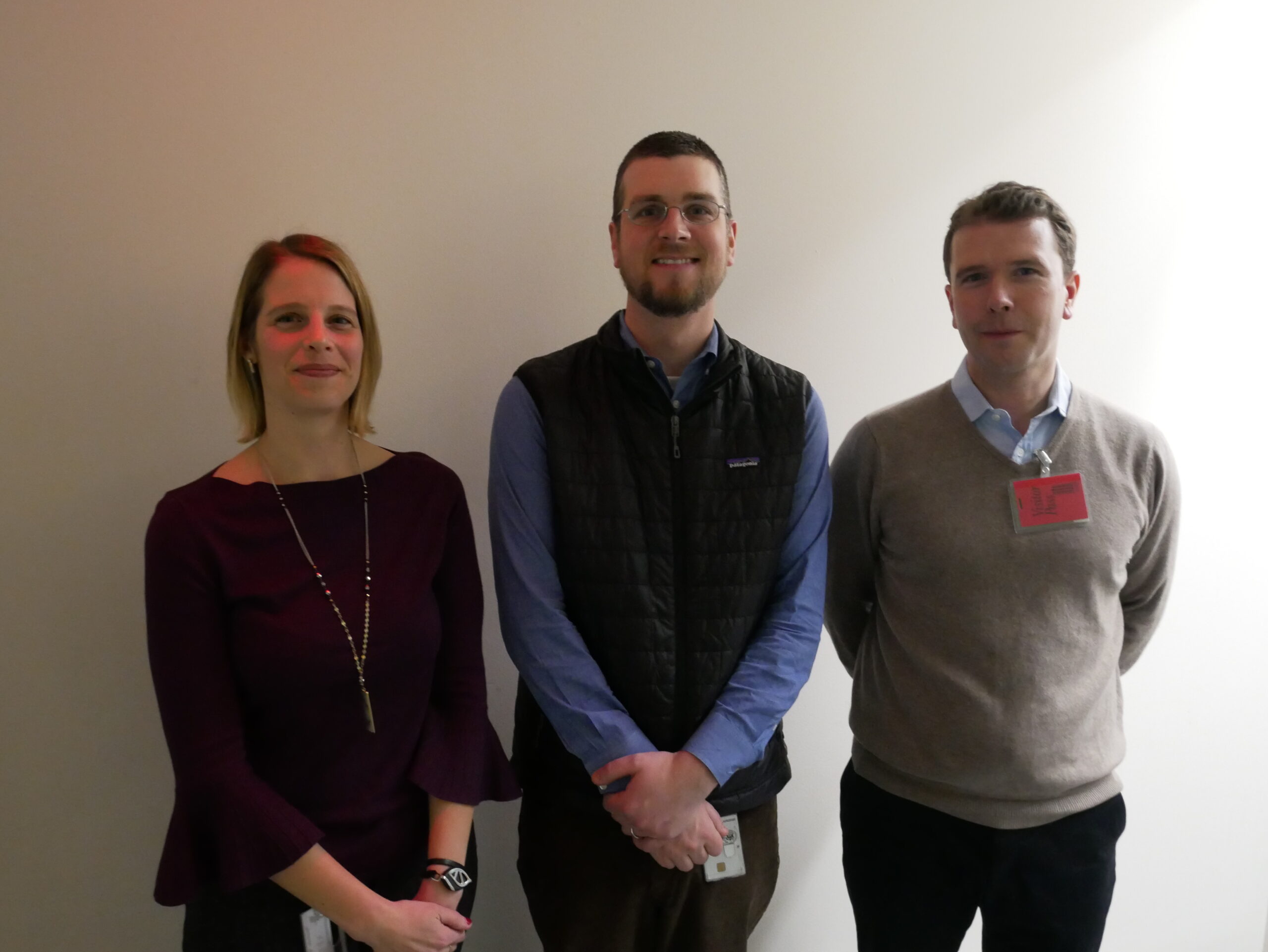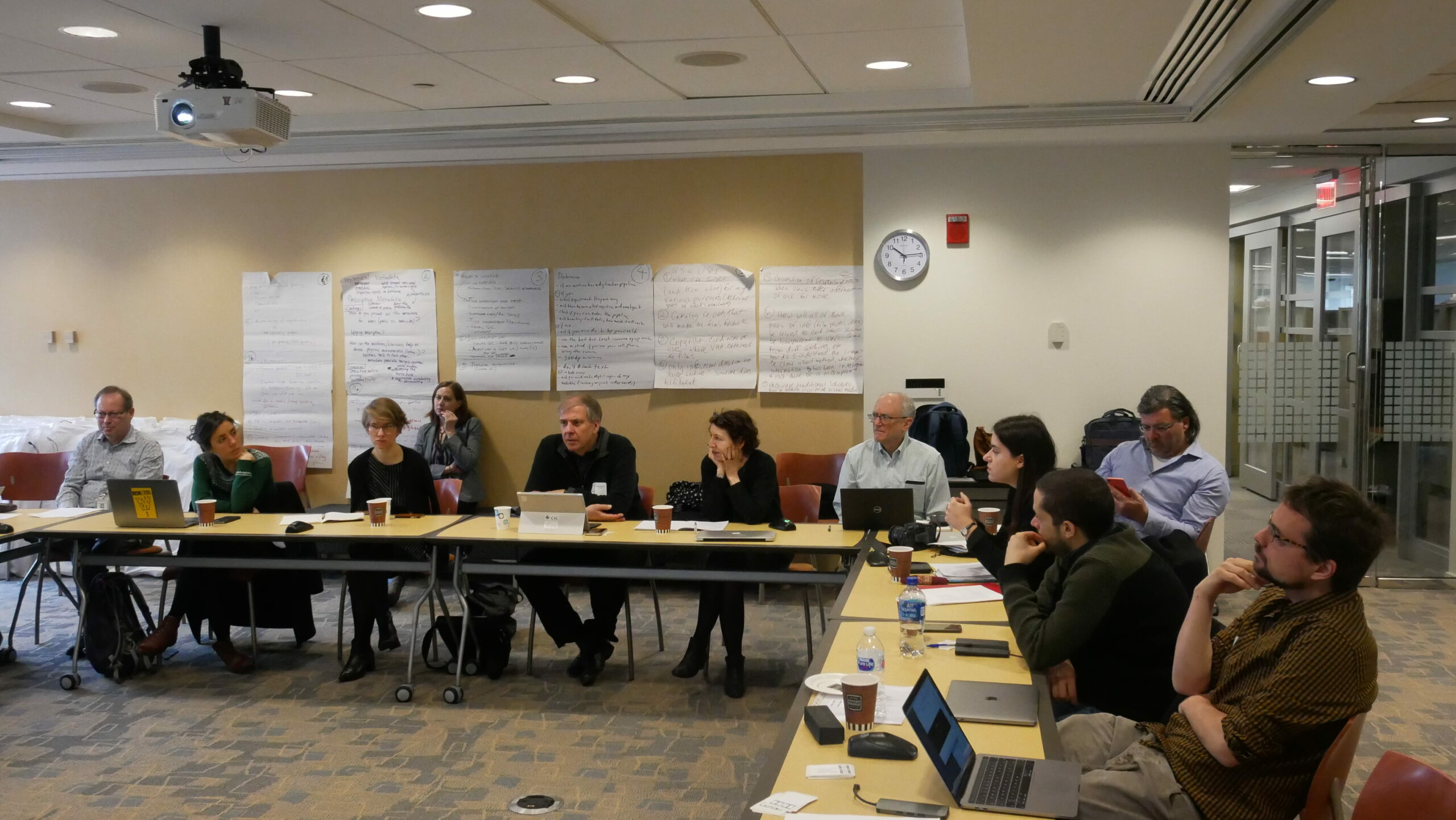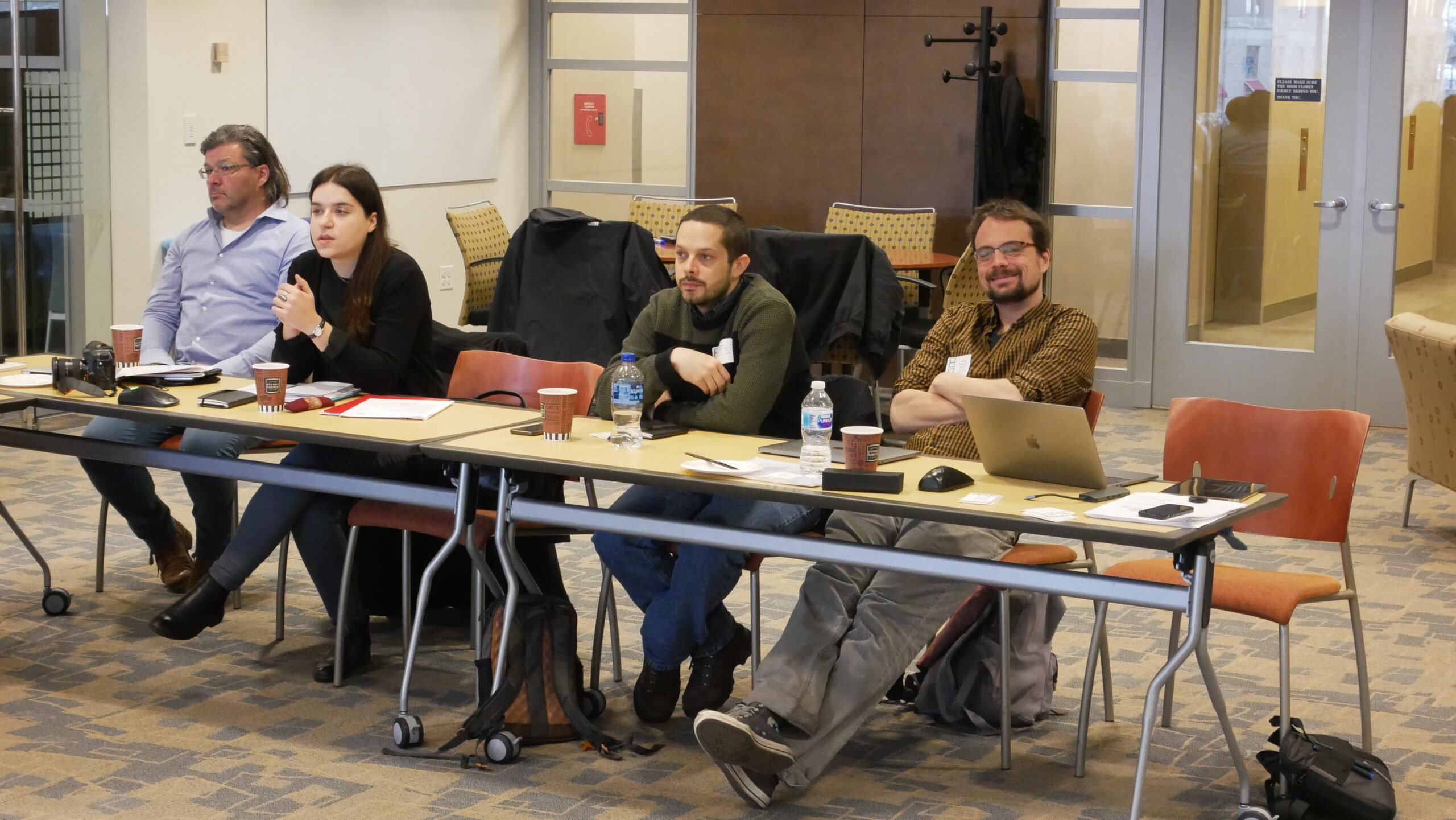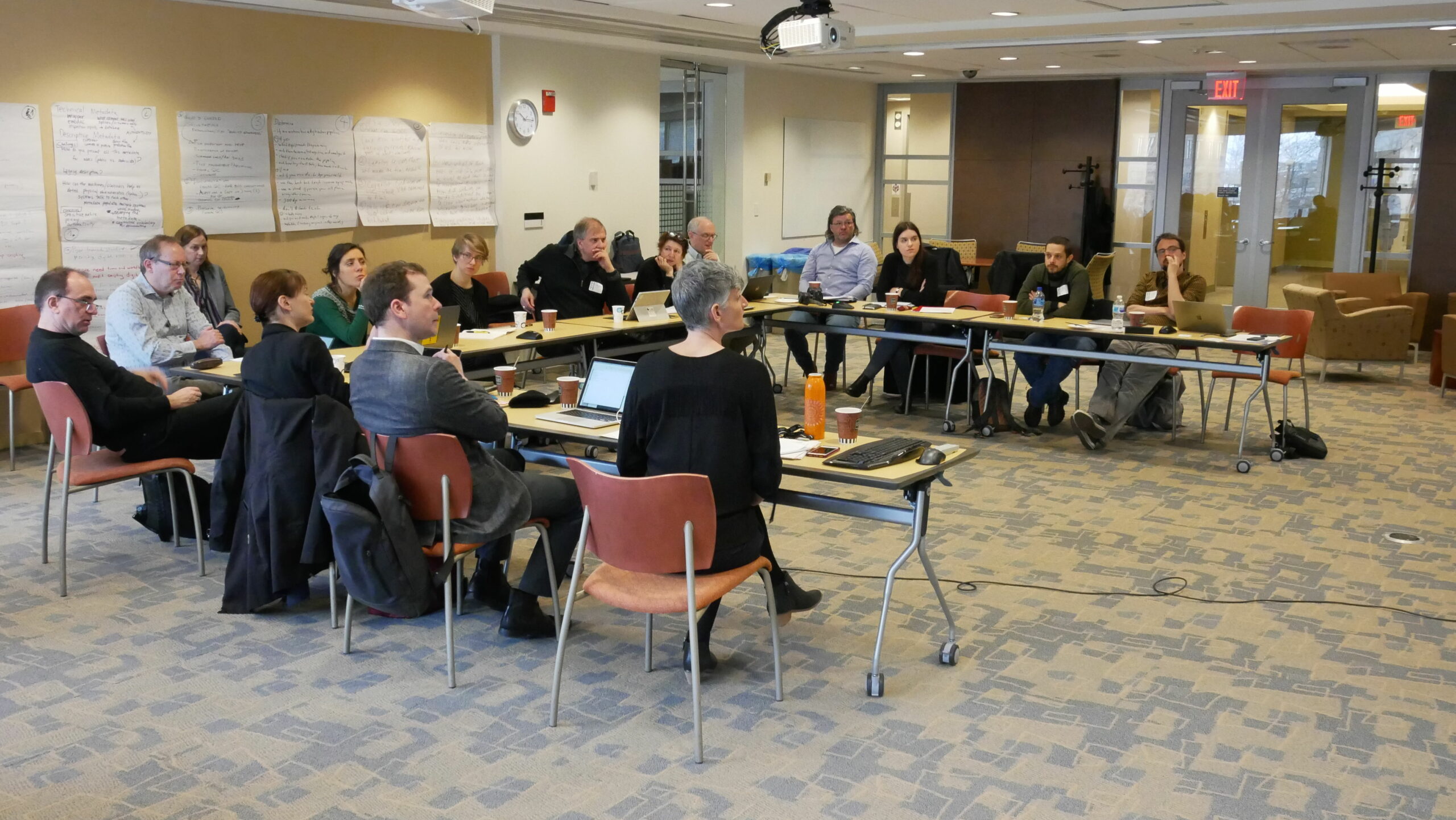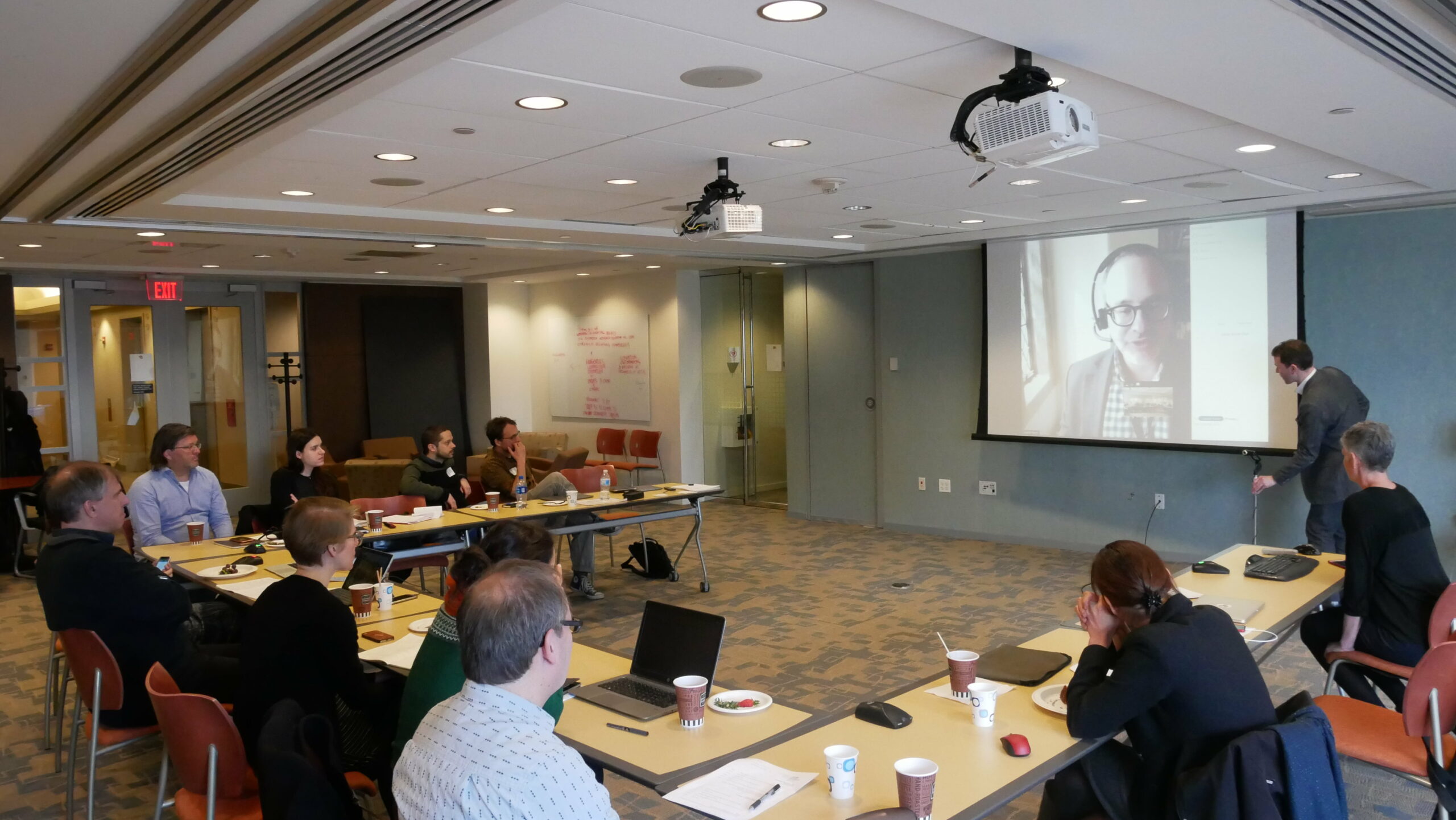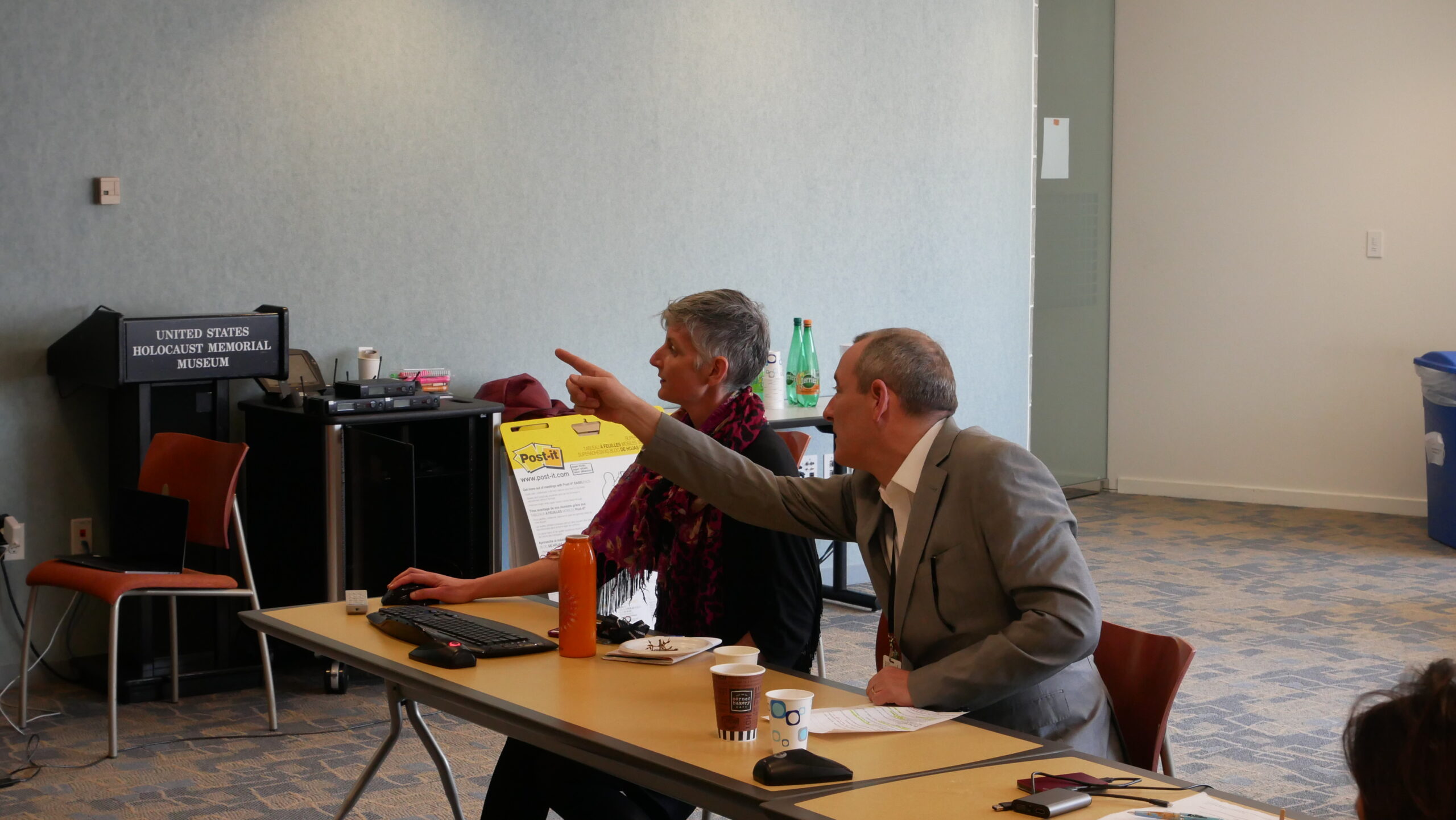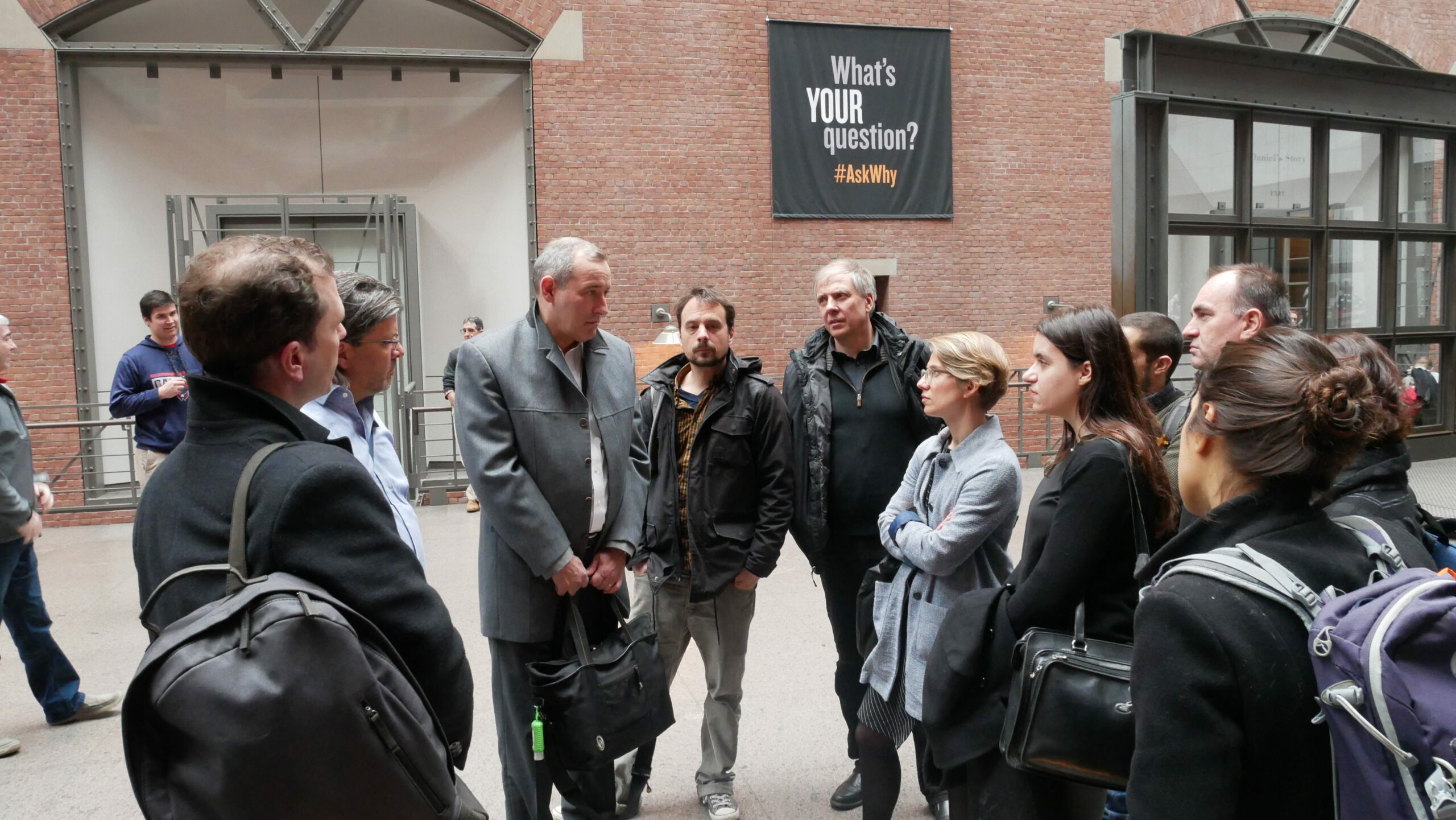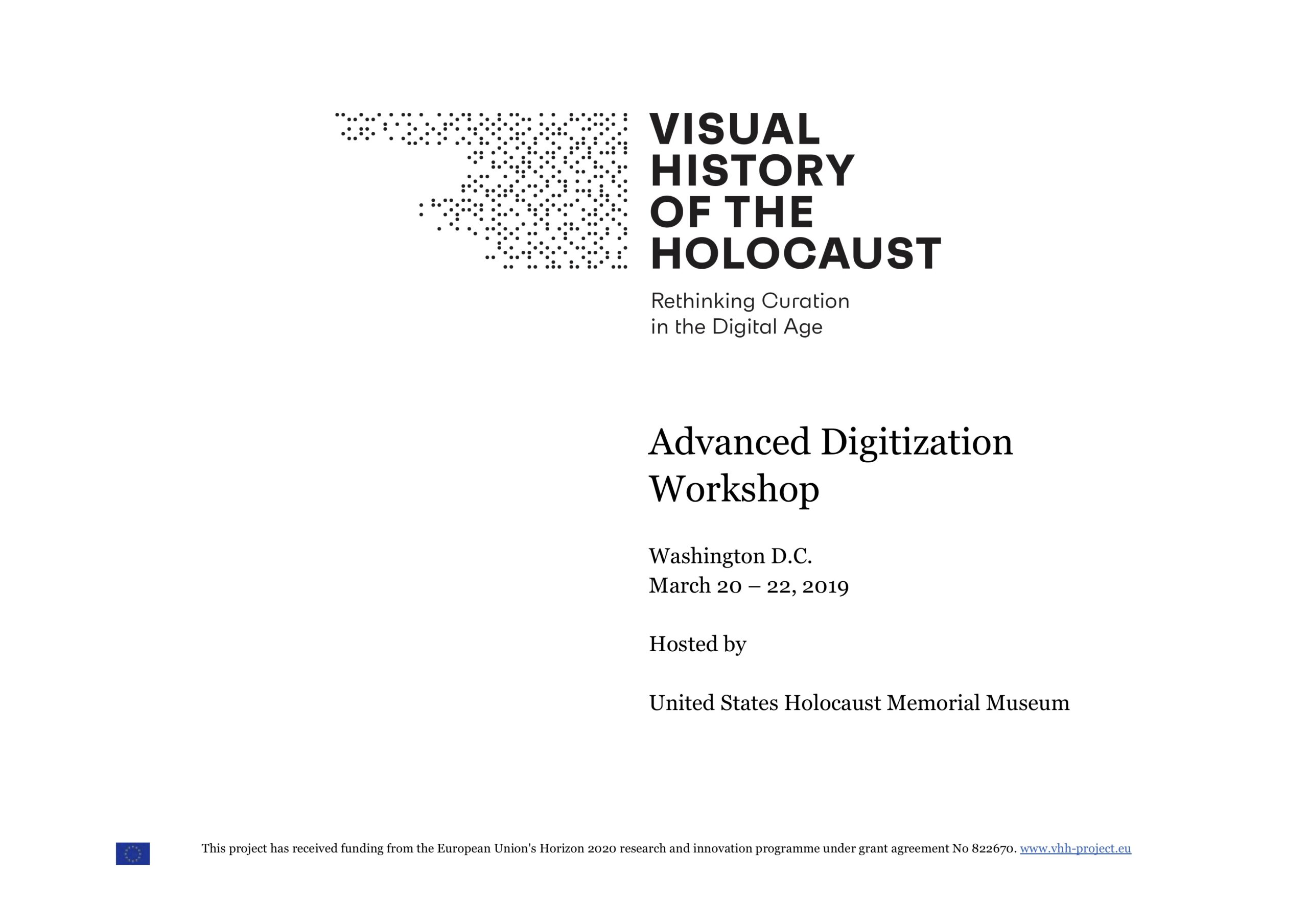Visual History of the Holocaust will provide a digital infrastructure for the analysis, research, annotation, enrichment and study of filmic records relating to the discovery of Nazi concentration camps and other atrocity sites. In the course of the project these historical films, which currently are dispersed across archival institutions in the USA, Great Britain, Russia and various former Soviet Republics, will be aggregated, digitized, analyzed and annotated.
Apart from its geographical dispersal, a main challenge is that the digital cultural materials need to be “fit for re-use” to allow for analysis and accurate annotation.
“Advanced digitization” aims at creating digital files which
(1) originate in the most authentic and complete analog archival film records;
(2) are created utilizing imaging technology, resolution and bit depth appropriate to retrieve its image and sound content in as much detail as feasible;
(3) conform to documented industry standards for file formats and wrappers;
(4) are interoperable, suitable for automated and manual analysis and annotation;
(5) are suitable for long-term archival preservation.
This is in order to ensure that
(1) digital data is authentic (preserves the specific properties of the original analog asset);
(2) the necessary supporting information (metadata) to effectively access and preserve the digital objects and record relationships between them is collected or created;
(3) information needed to interpret a data object is collected or created.
The workshop’s goals are:
- To establish a shared understanding of the task ahead and of the challenges of digitization of cultural materials (film, photographic and 2D records);
- To gather an understanding of relevant standards, recommendations and guidelines
- To establish a shared understanding of the current state of digitization of relevant collections;
- To share best practice approaches, protocols and procedures for digitization currently implemented by the participating institutions;
- To draft the first outline of an “Advanced Digitization Tool Kit” to serve as a tested set of recommendations for participating VHH organizations and to inform the digitization program;
- To connect professionals from the fields of archiving, digital preservation, data management, conservation, curation and scholarly research with each other in the spirit of exchange and continuous development of their professions.
It is aimed at:
• professionals from participating organizations, partners and associated partners of the project;
• professionals from peer institutions;
• select suppliers / contractors to partners and associated partners of the project.
In scope:
• Digitization of motion picture film (35mm, 16mm, 8mm, 9.5mm);
• Digitization of photographs, documents or other paper-based materials;
• Processing of materials (in the imaging process / post-processing);
• File formats and wrappers;
• Quality assurance and quality control protocols and procedures;
• Capture of technical metadata;
• Documentation of digitization and/or restoration work.
Out of scope (to be included in a further workshop):
• Ingest procedures;
• Media asset management systems;
• Long-term digital preservation of assets.
Program
Day 0: Library of Congress, Culpeper
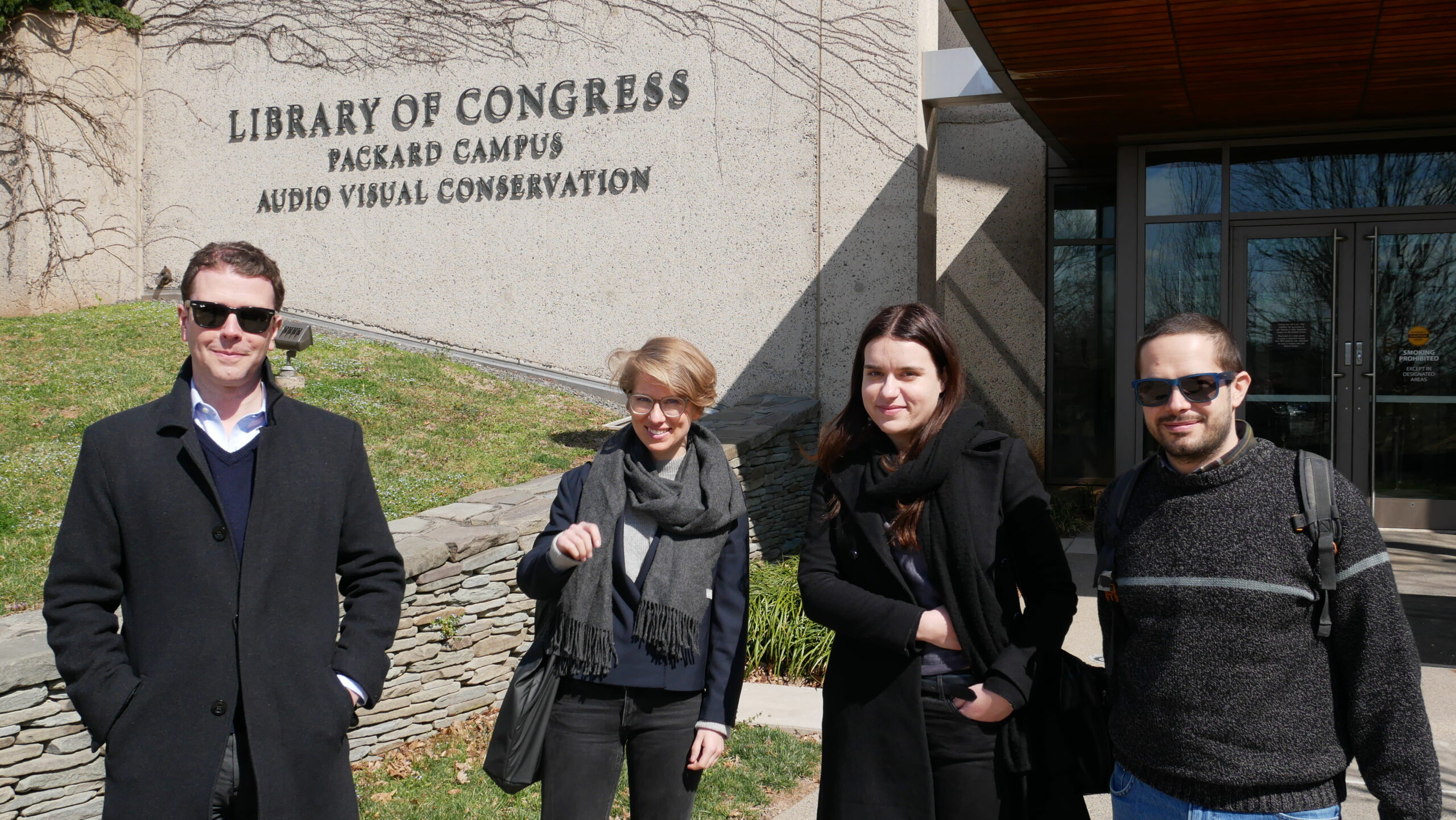
Michael Loebenstein, Ulrike Koppermann, Elena Nepoti, Claudio Santancini 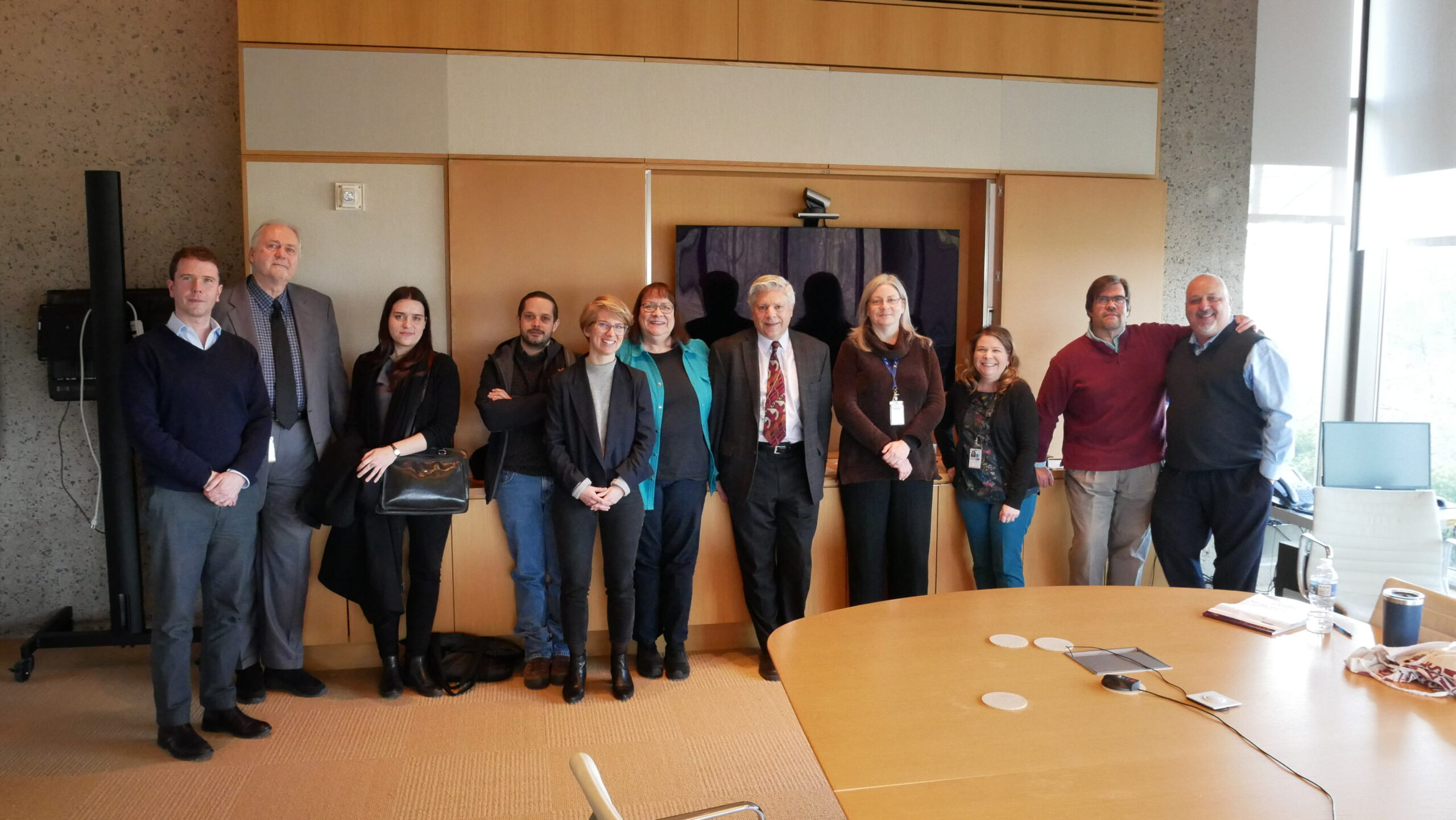
VHH team members and staff members of the Library of Congress 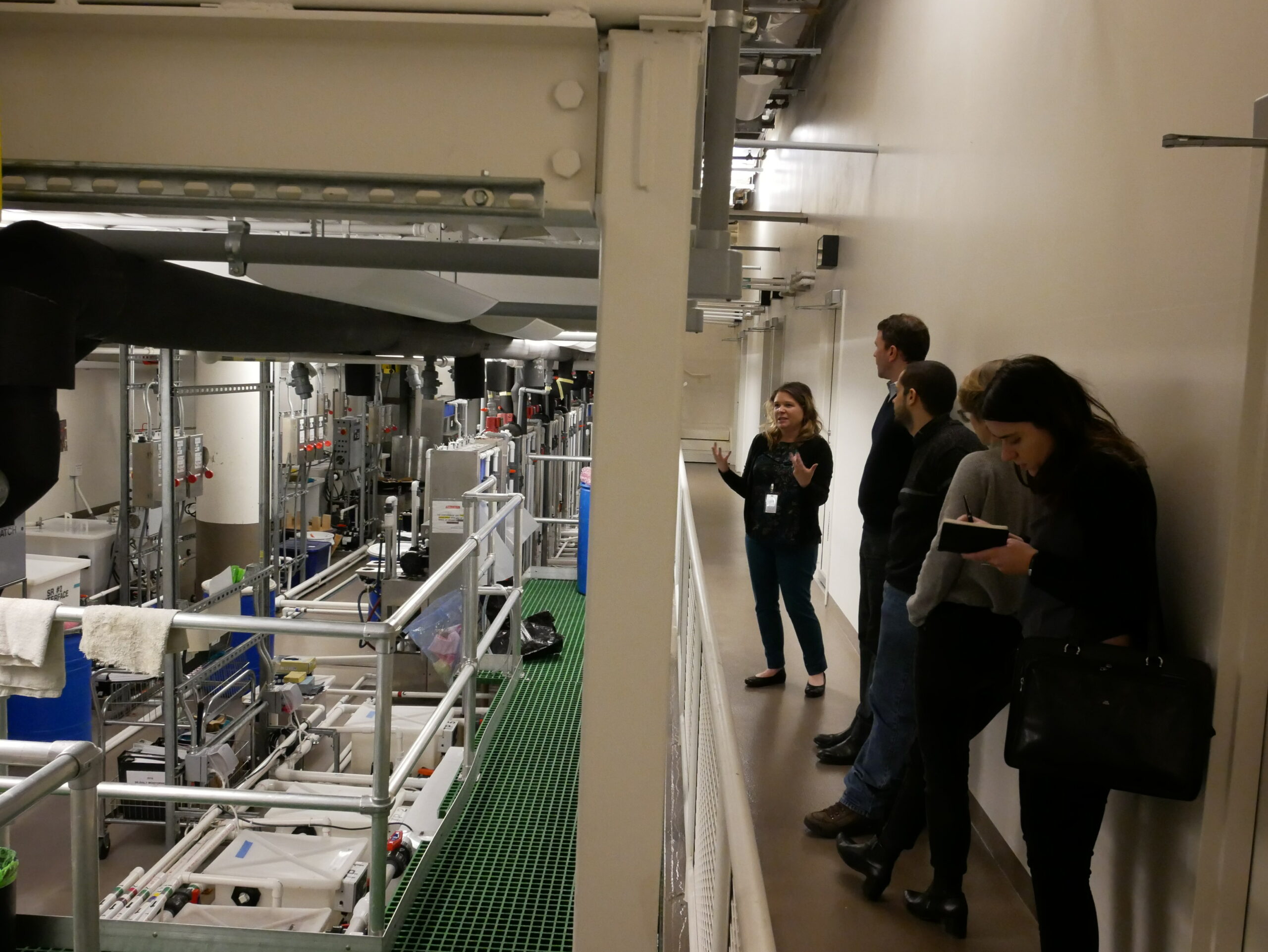
VHH team members touring the Library of Congress 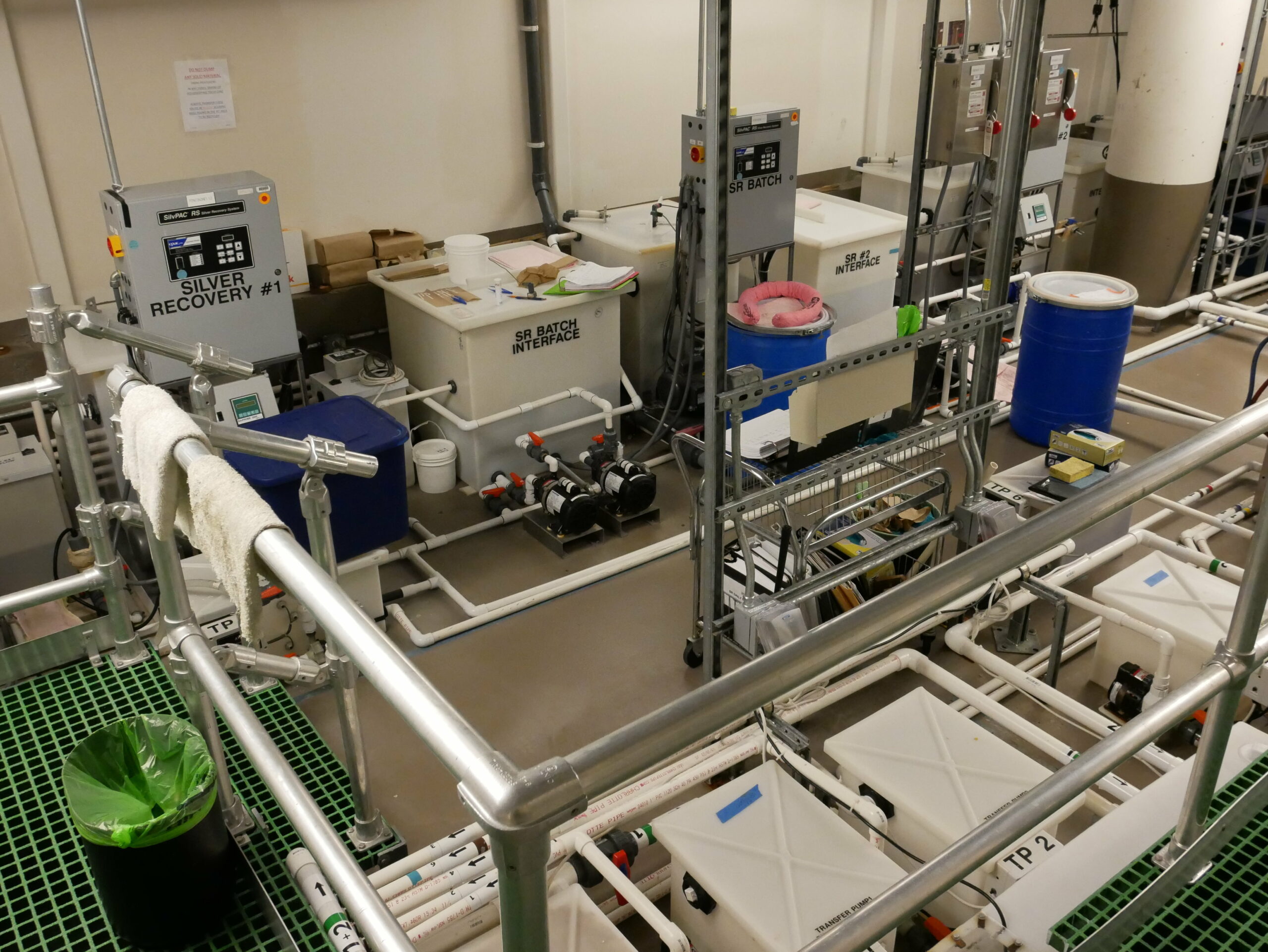
Library of Congress 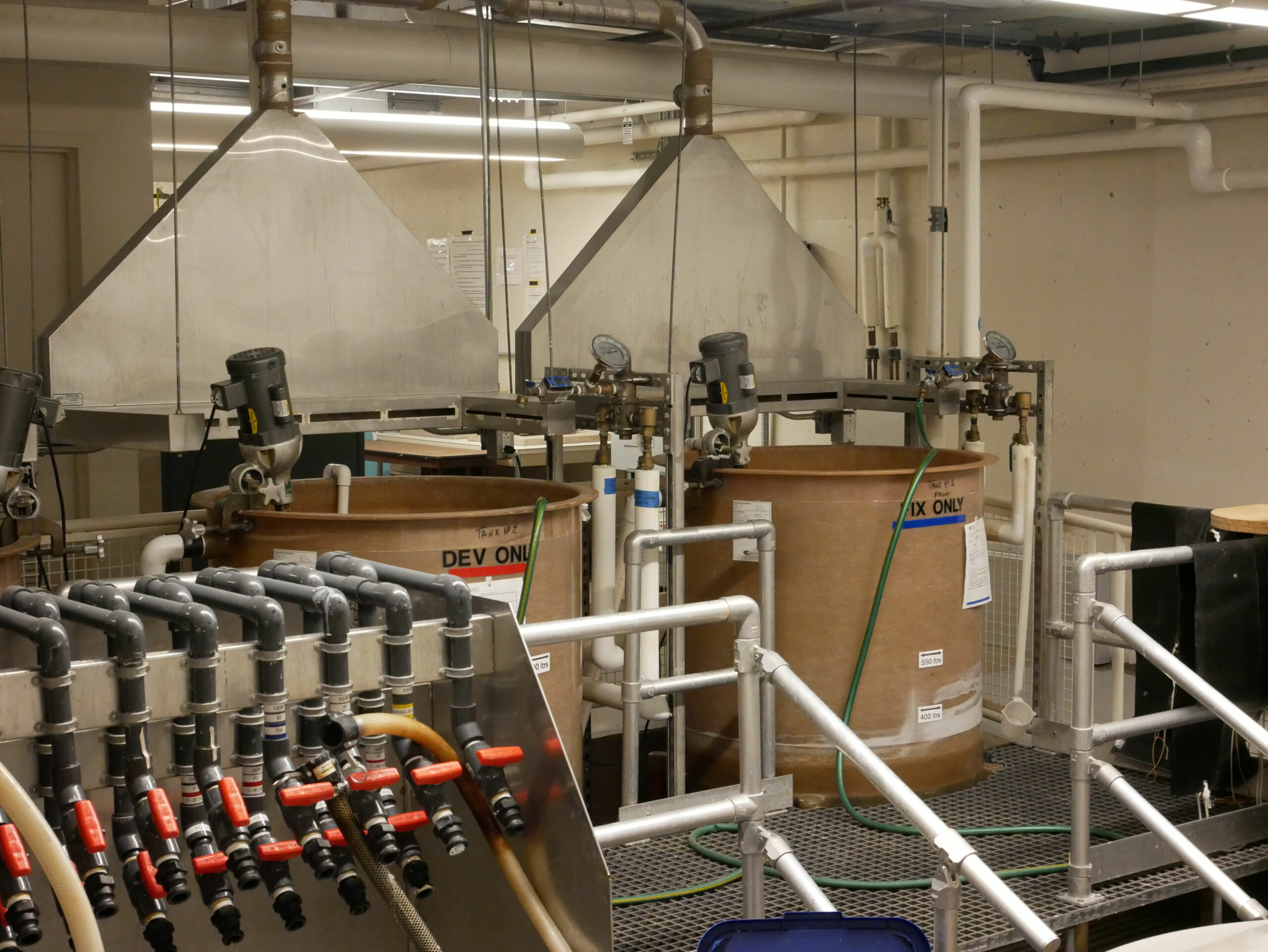
Library of Congress 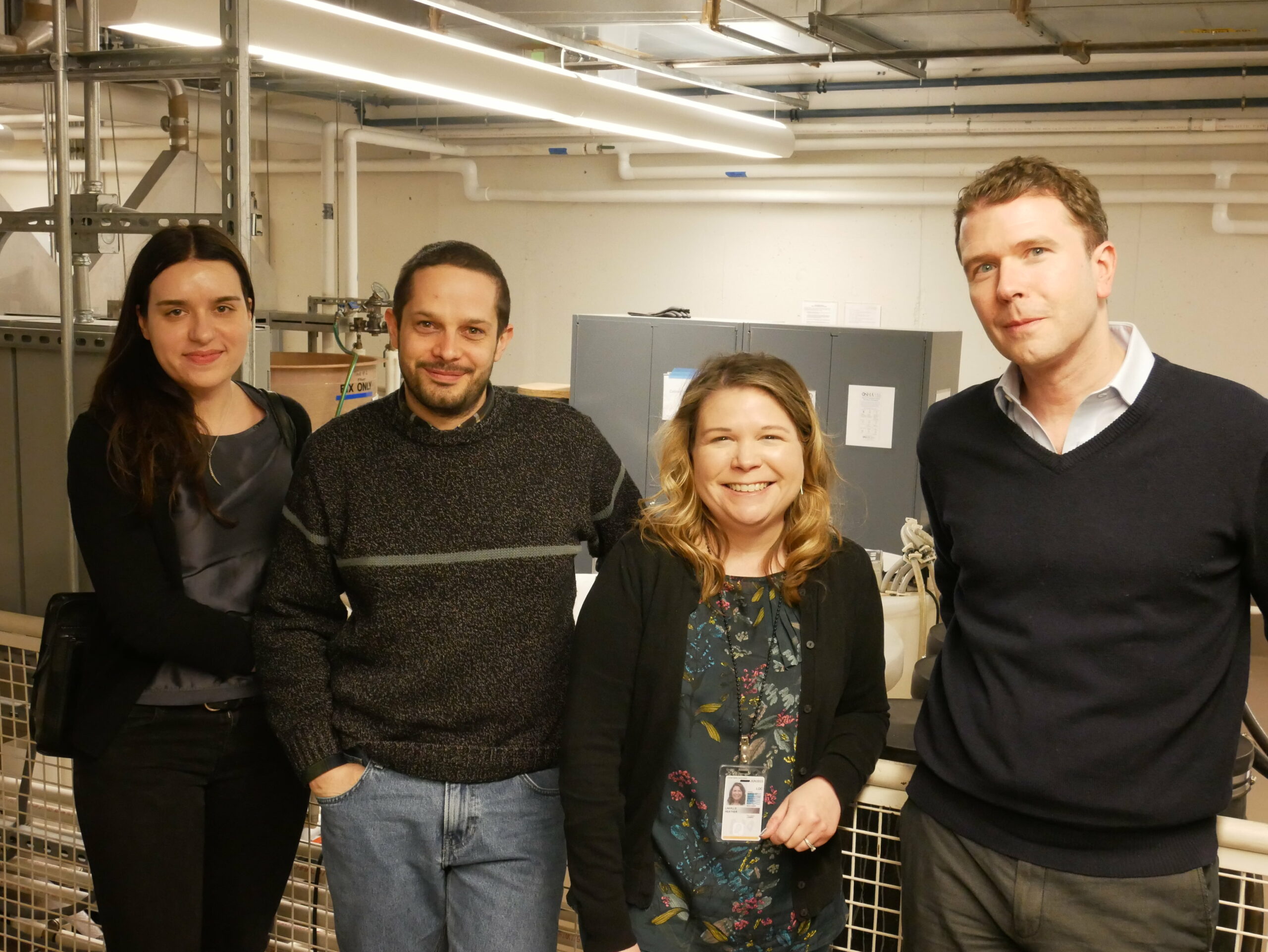
Elena Nepoti, Claudio Santancini, Heather Linville, Michael Loebenstein 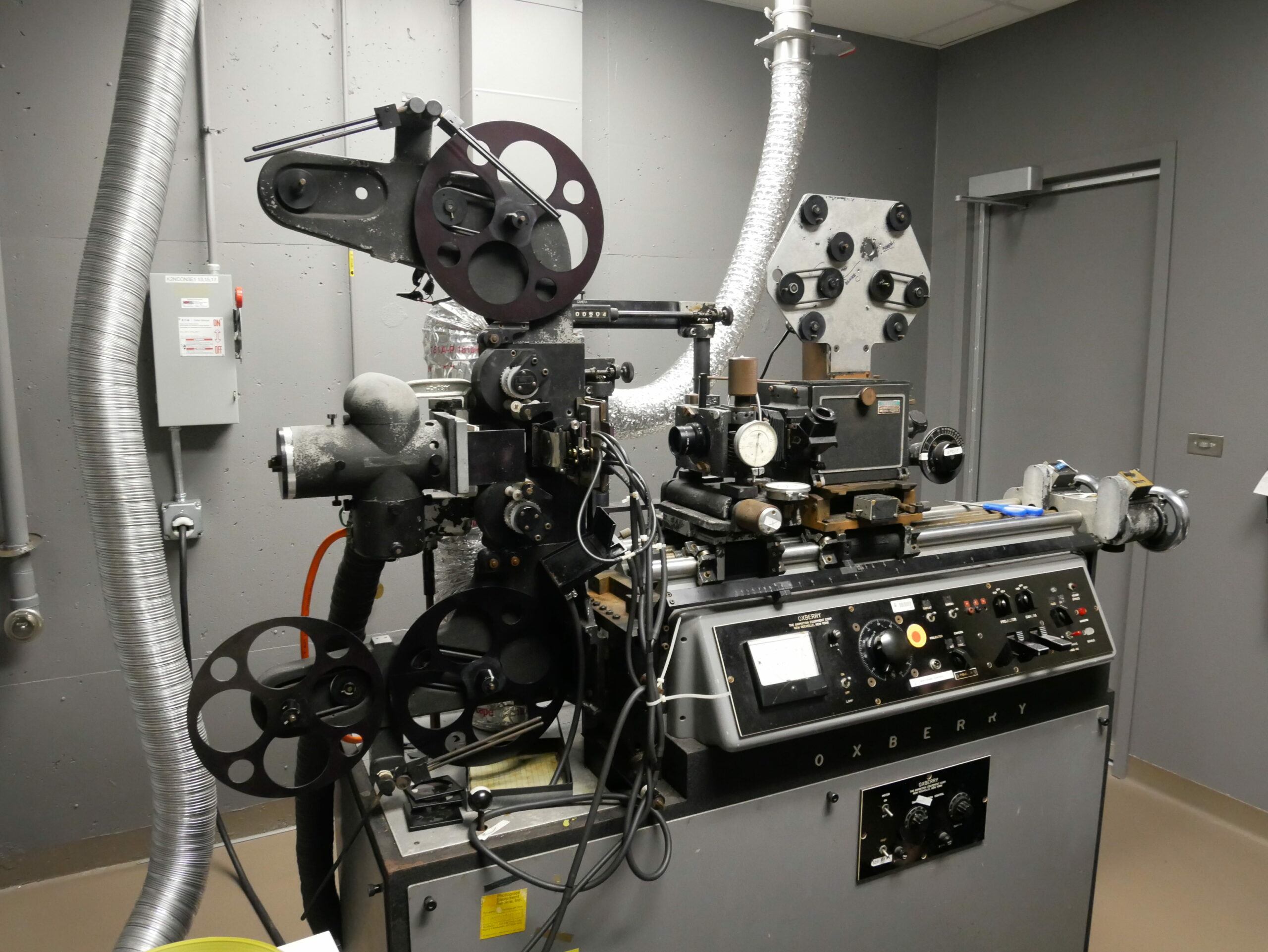
Film scanner, Library of Congress 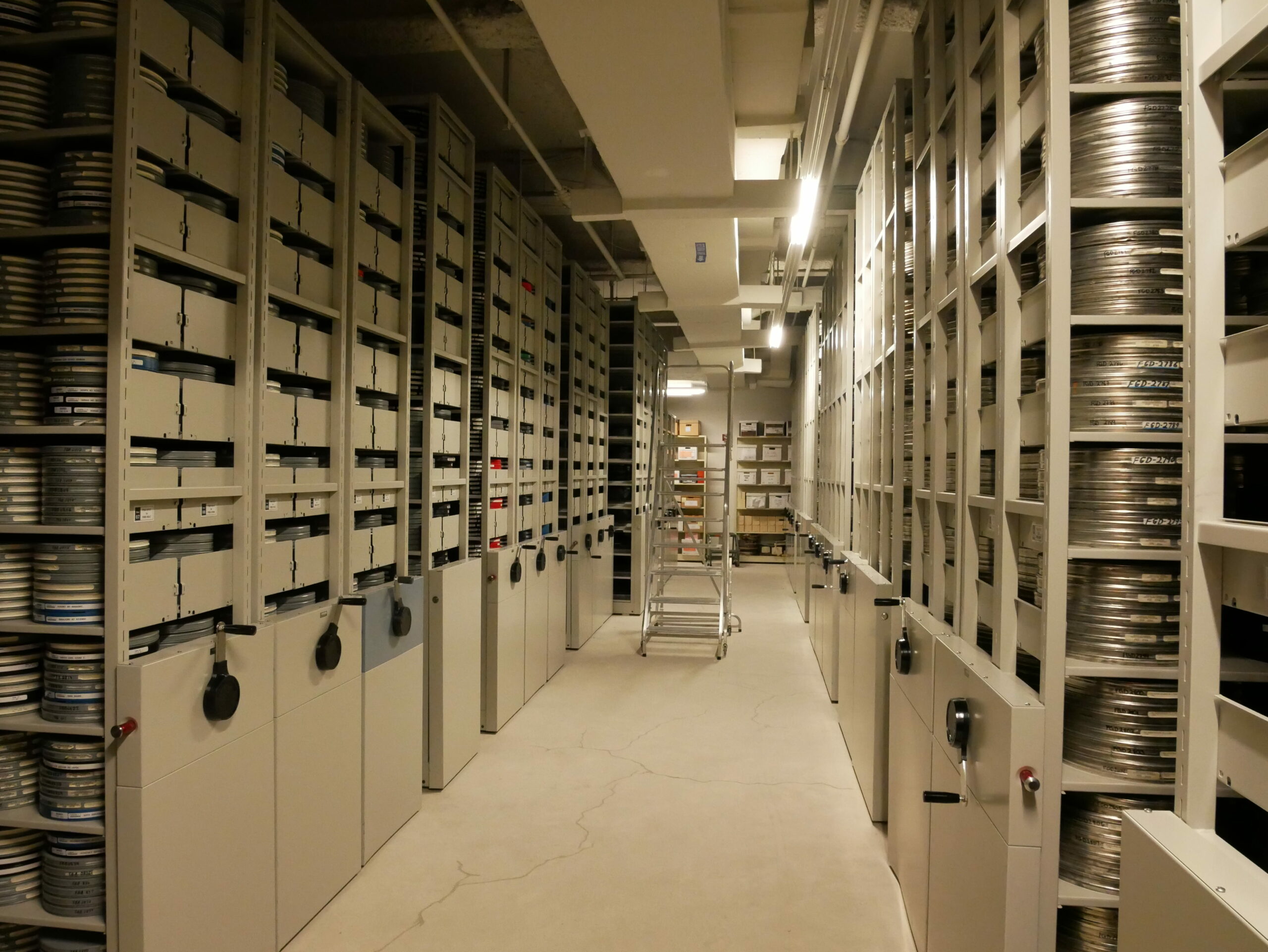
Film repository, Library of Congress 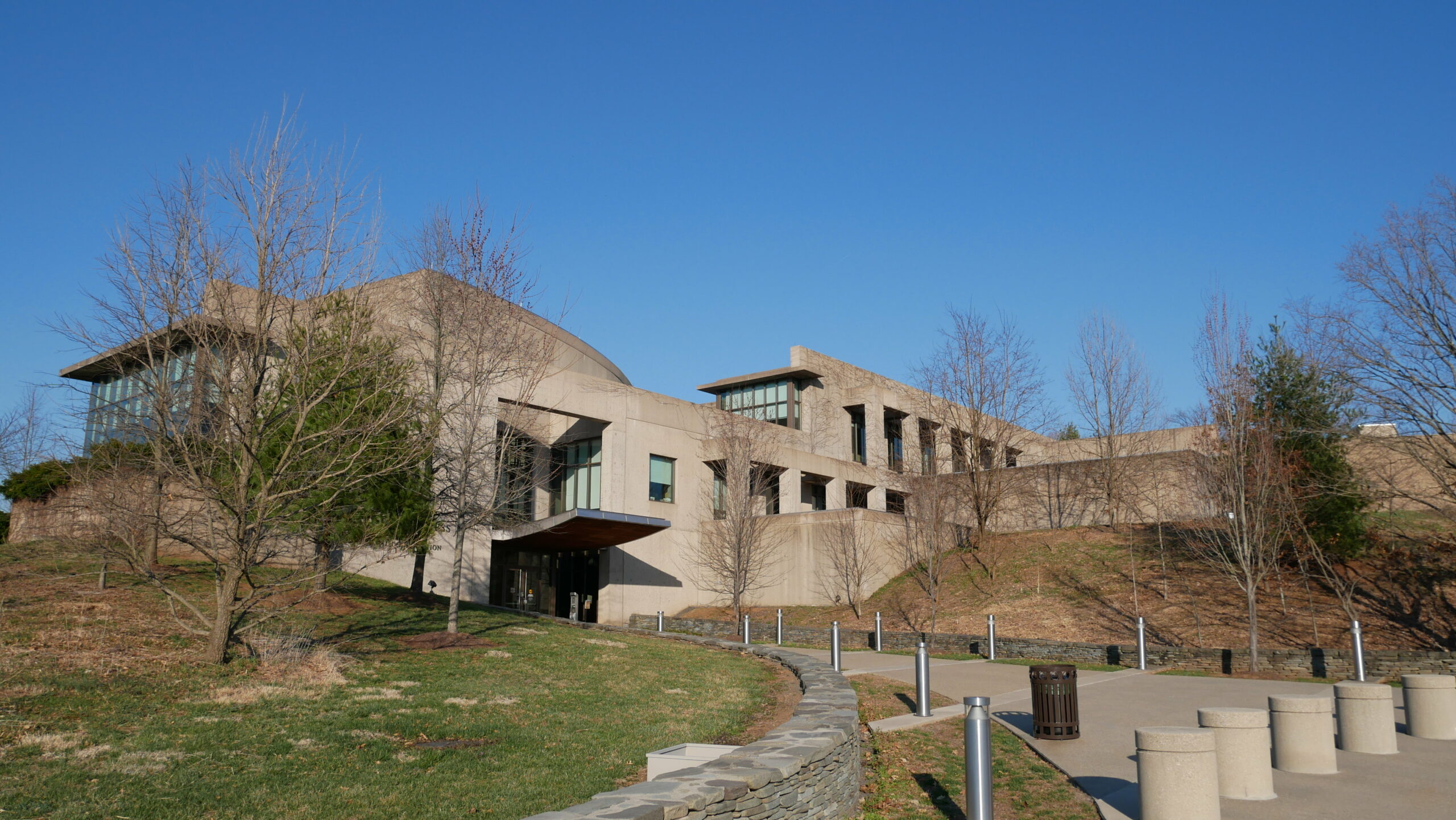
Library of Congress, Packard Campus, Audio Visual Conservation
Day 1: USHMM
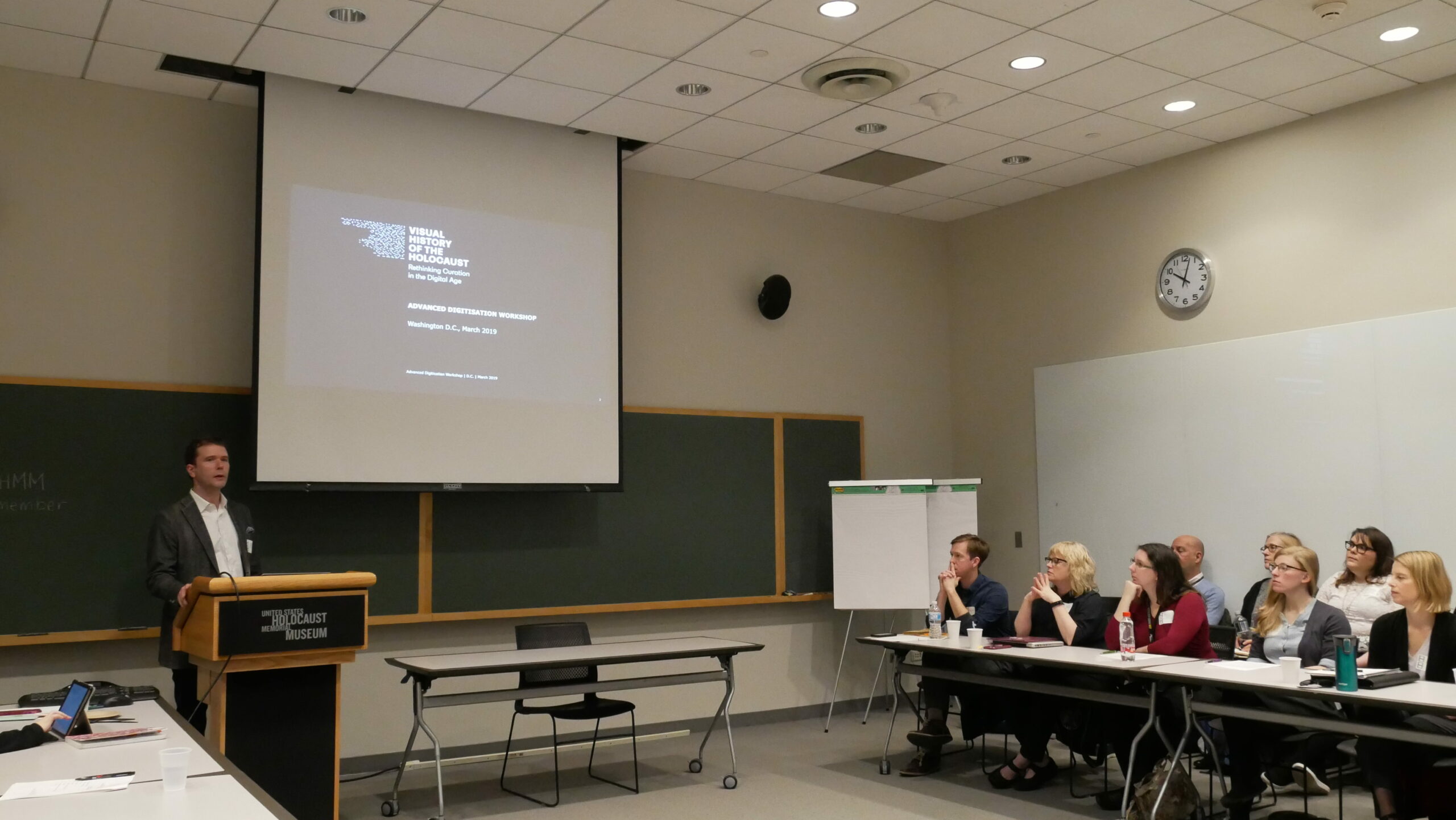
Michael Loebenstein presenting at the workshop 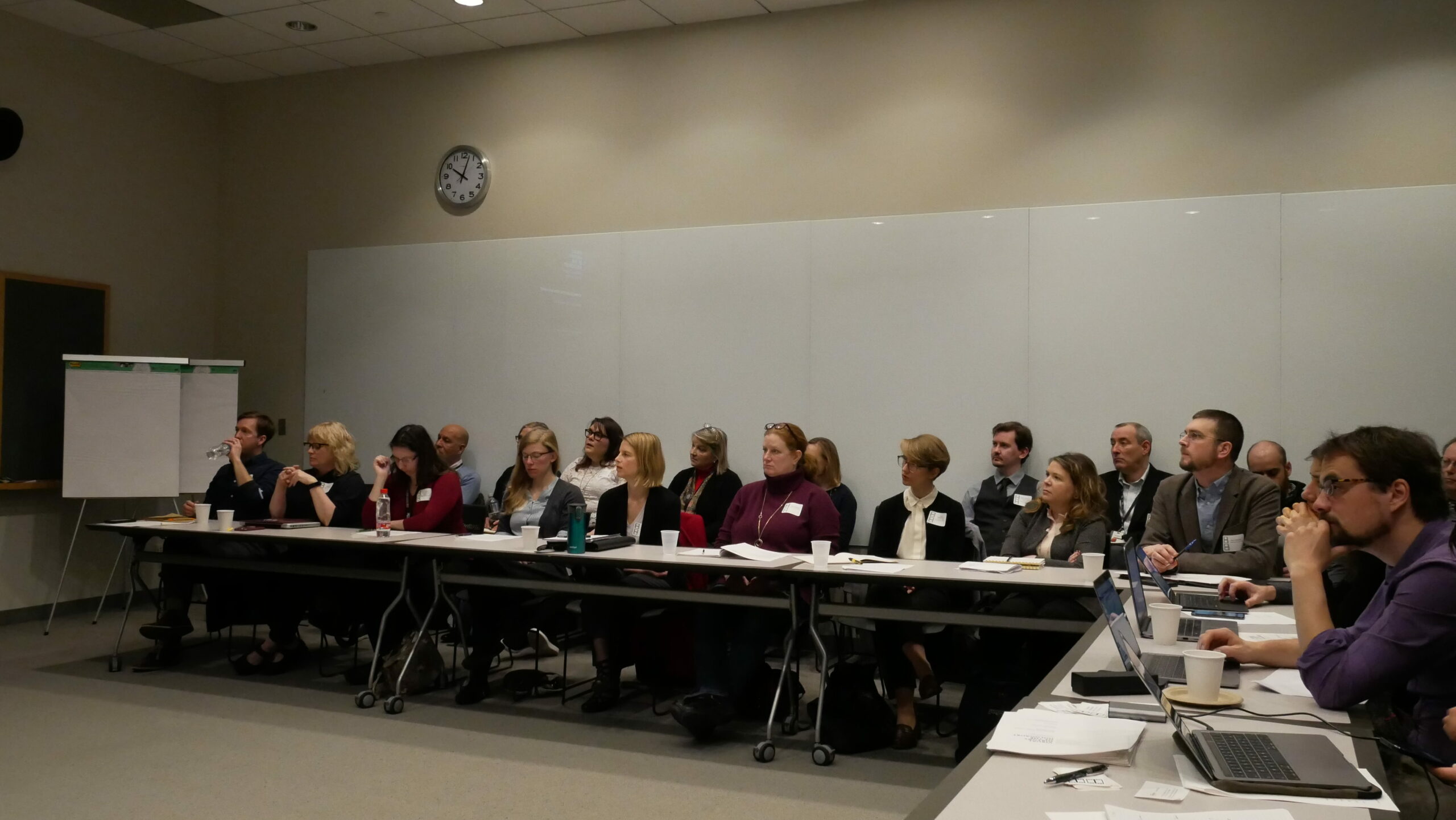
Workshop participants at the USHMM 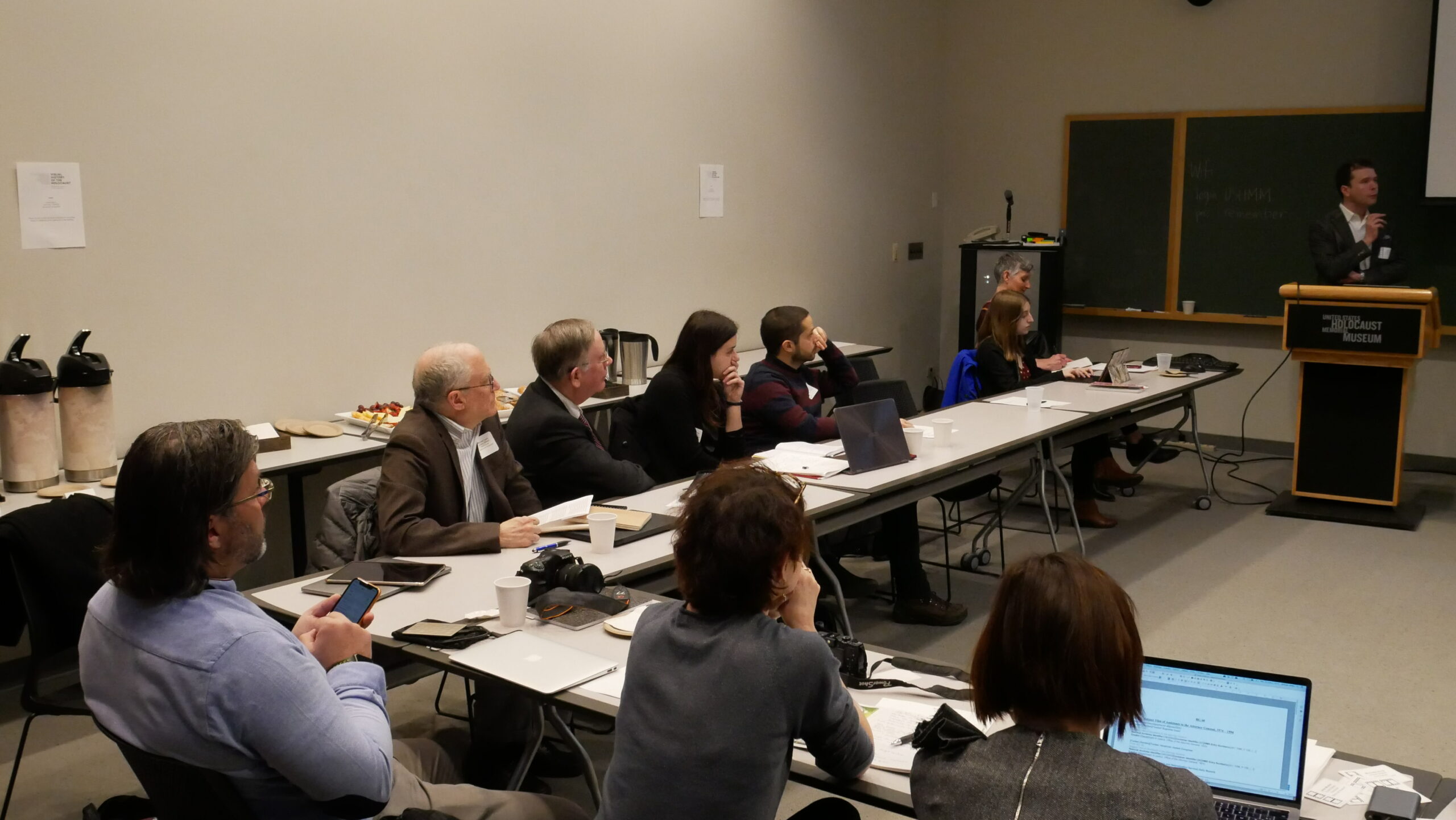
Workshop participants at the USHMM 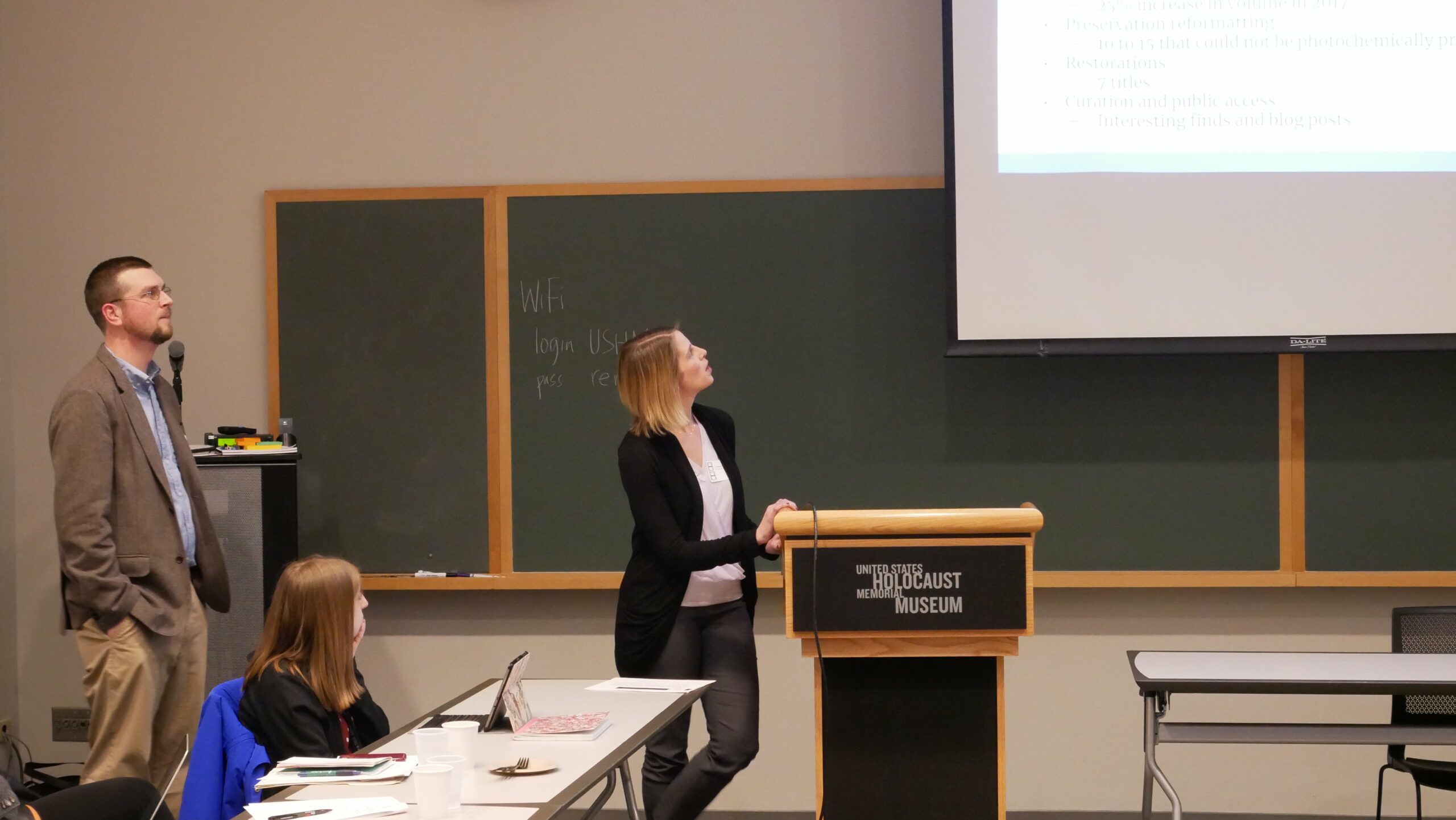
Criss Austin presenting at the workshop, Dan Rooney on the left 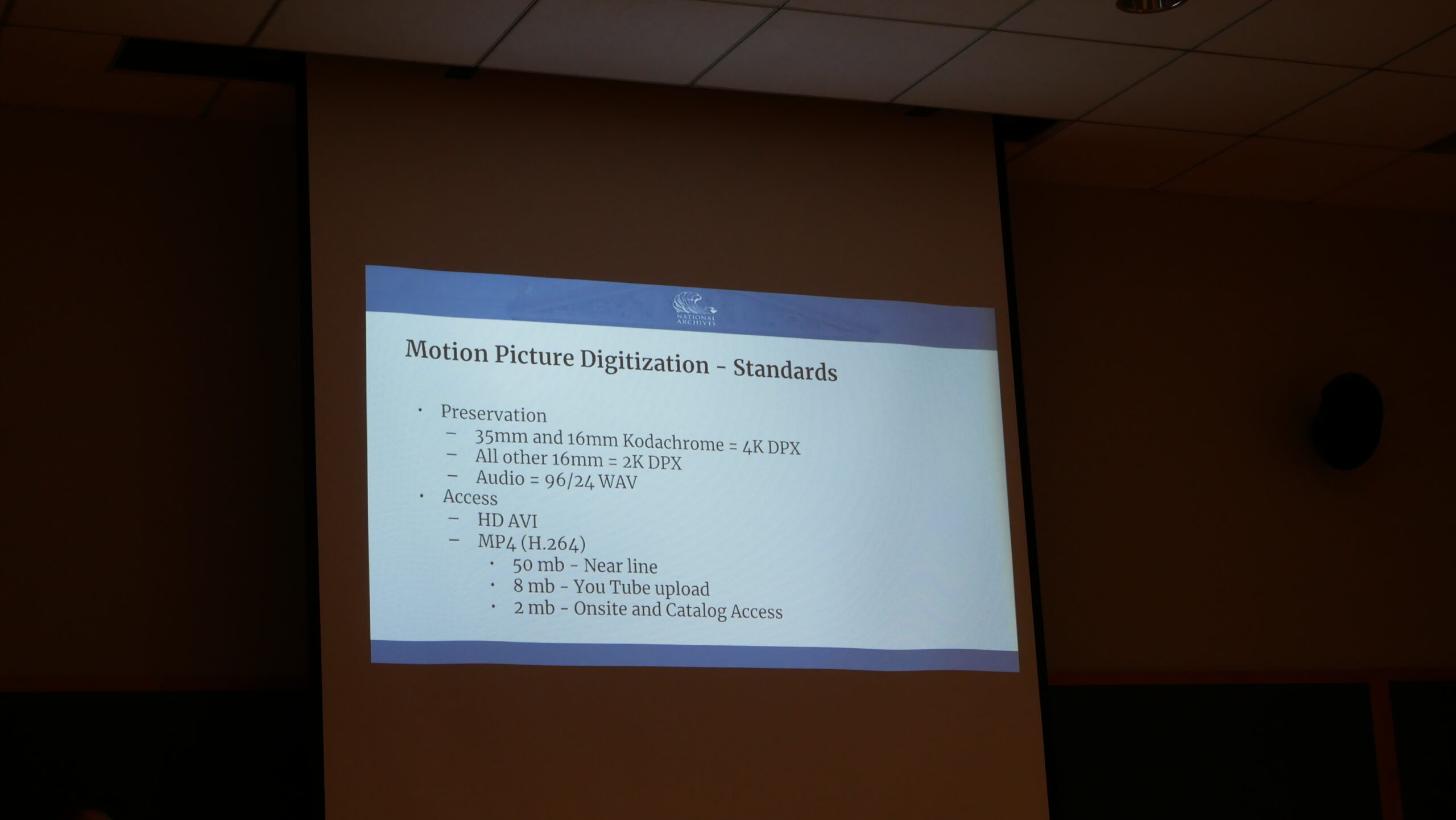
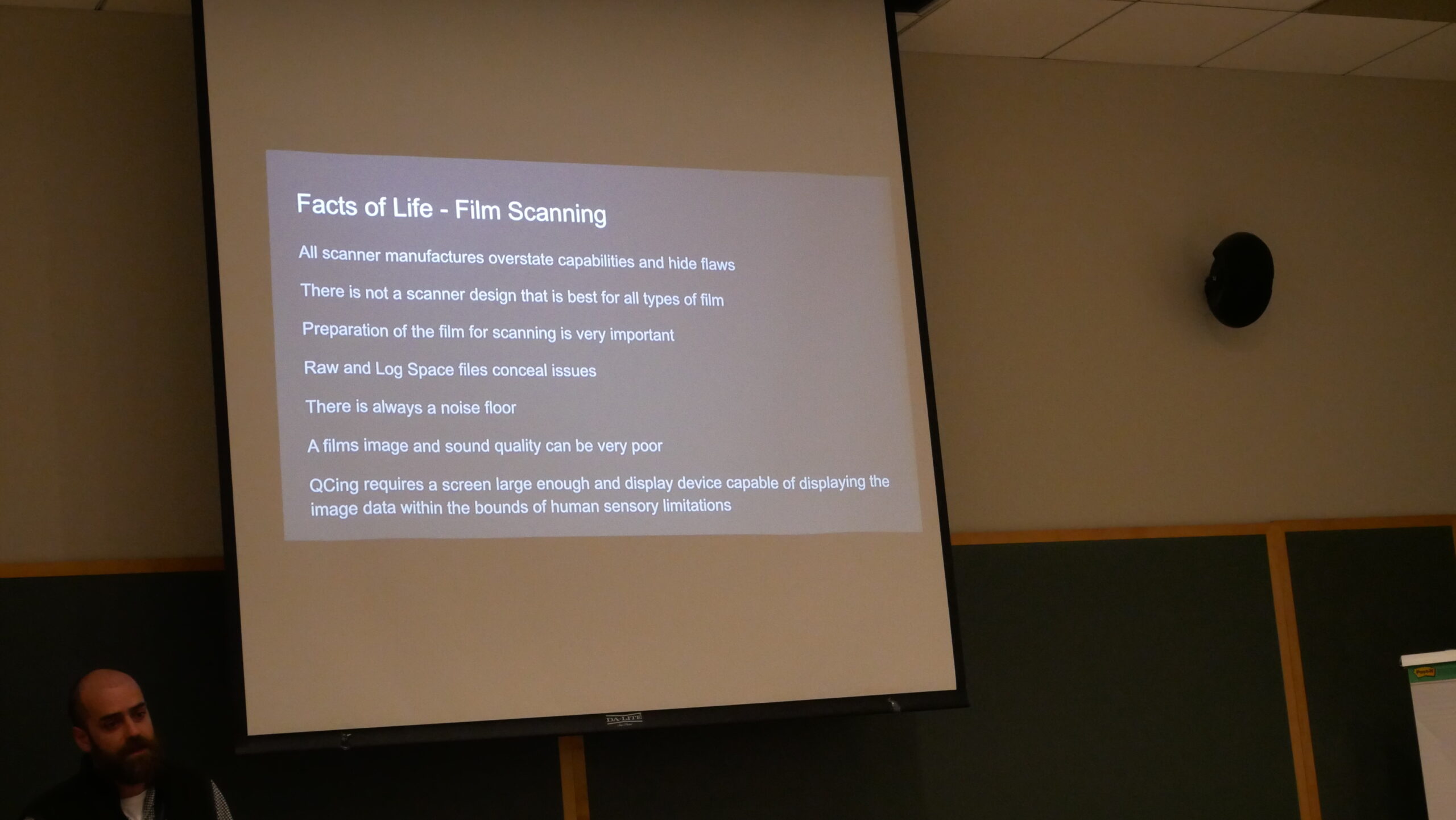
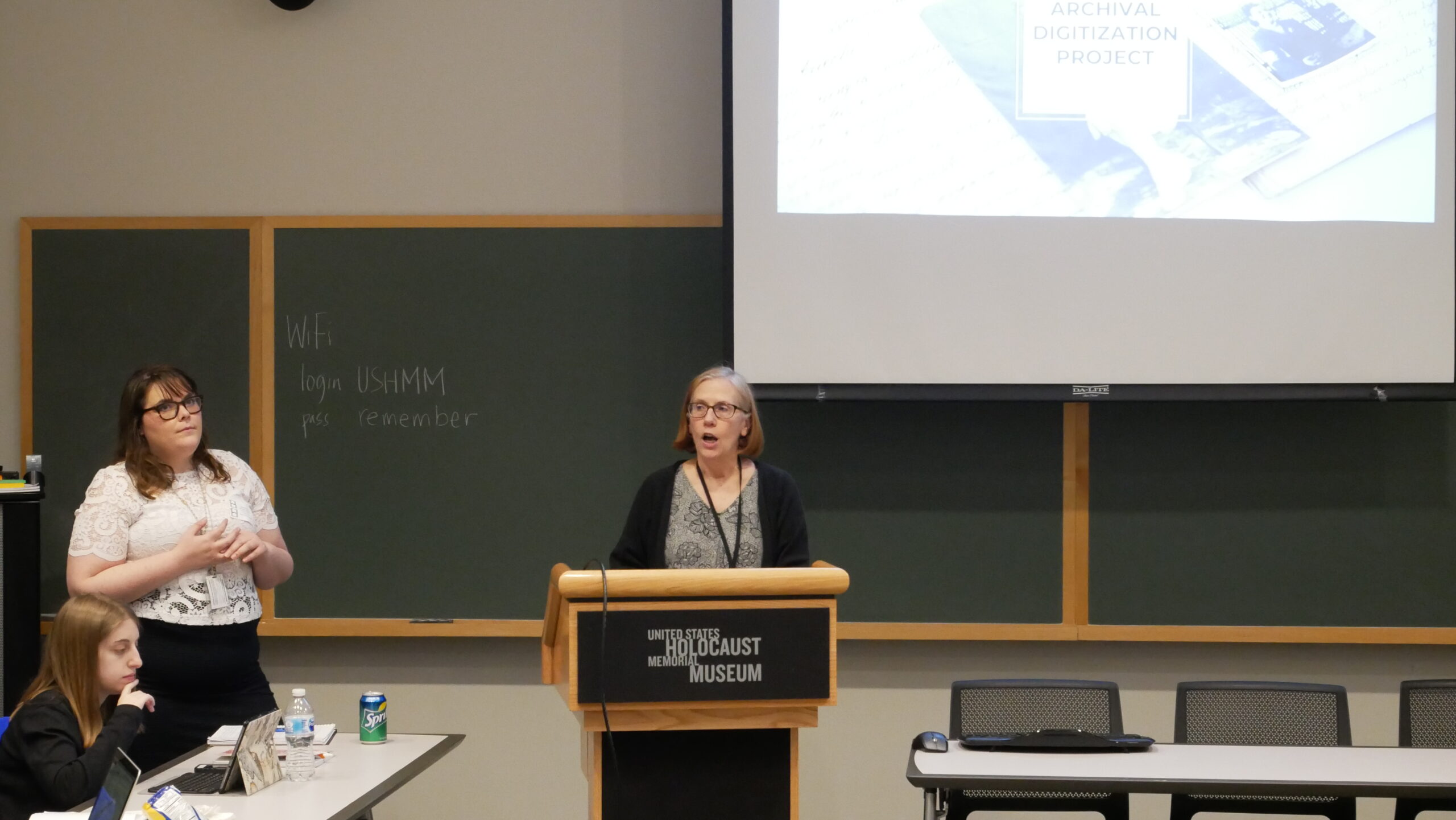
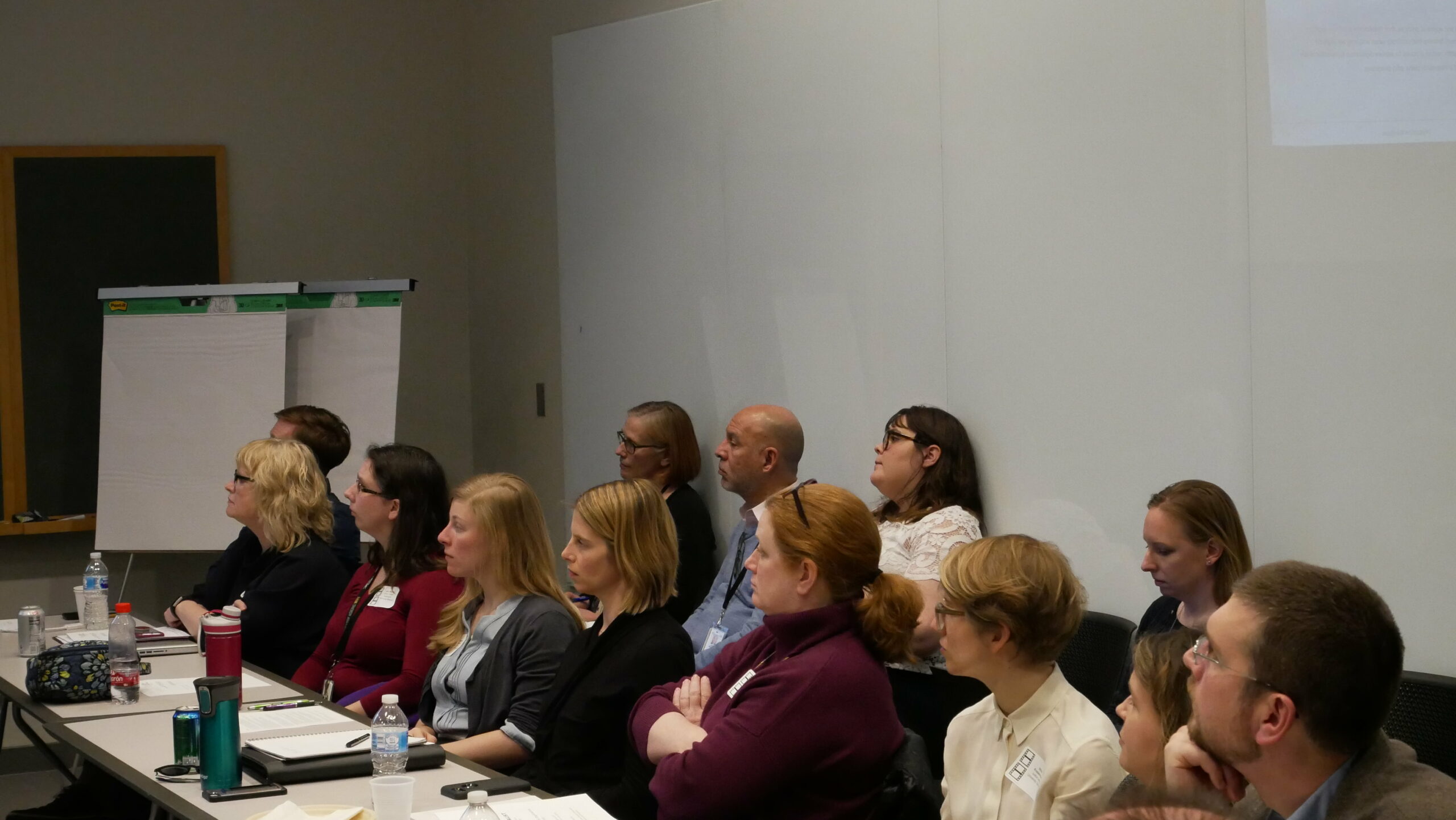
Workshop participants at the USHMM 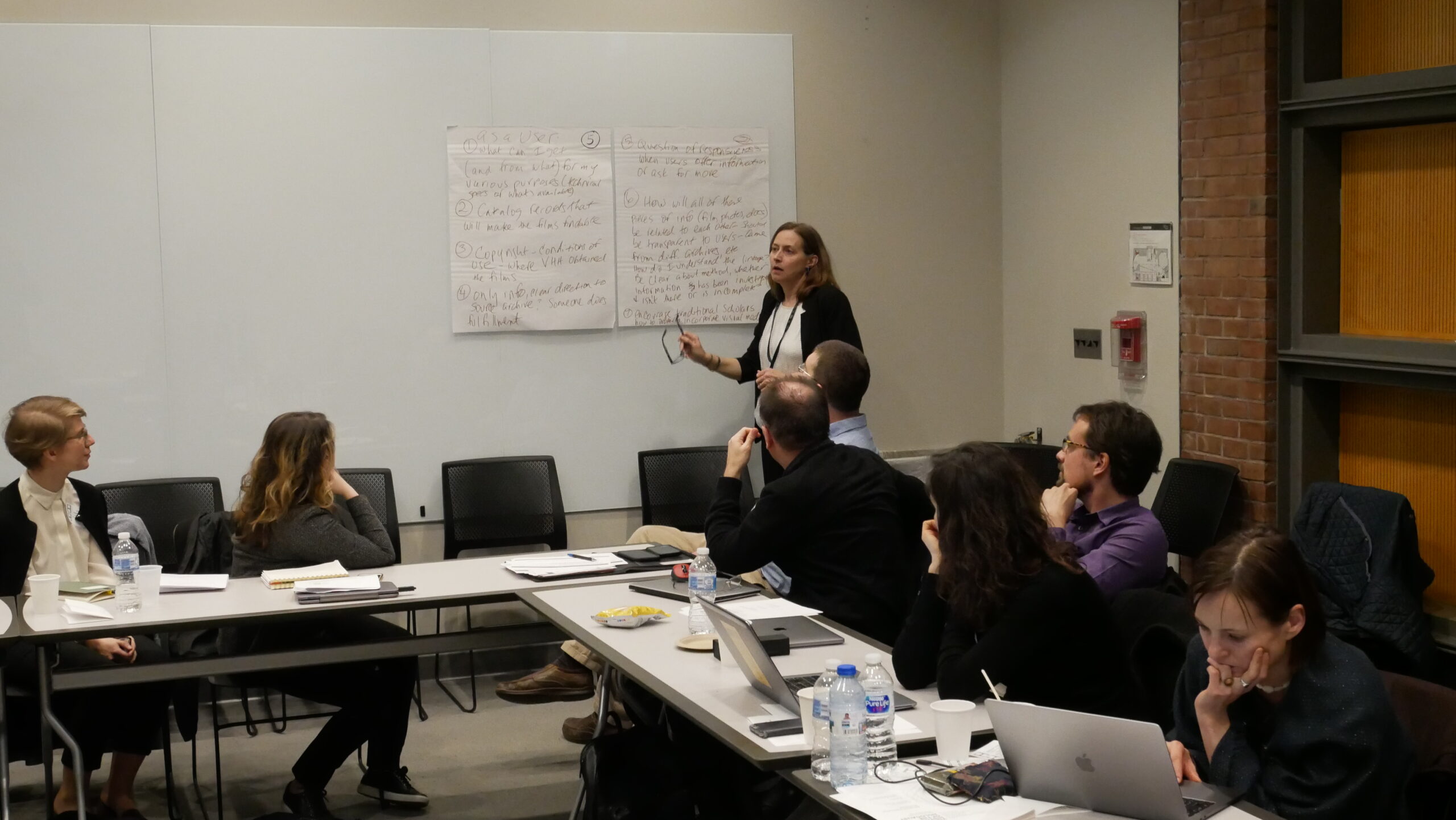
Leslie Swift presenting at the workshop 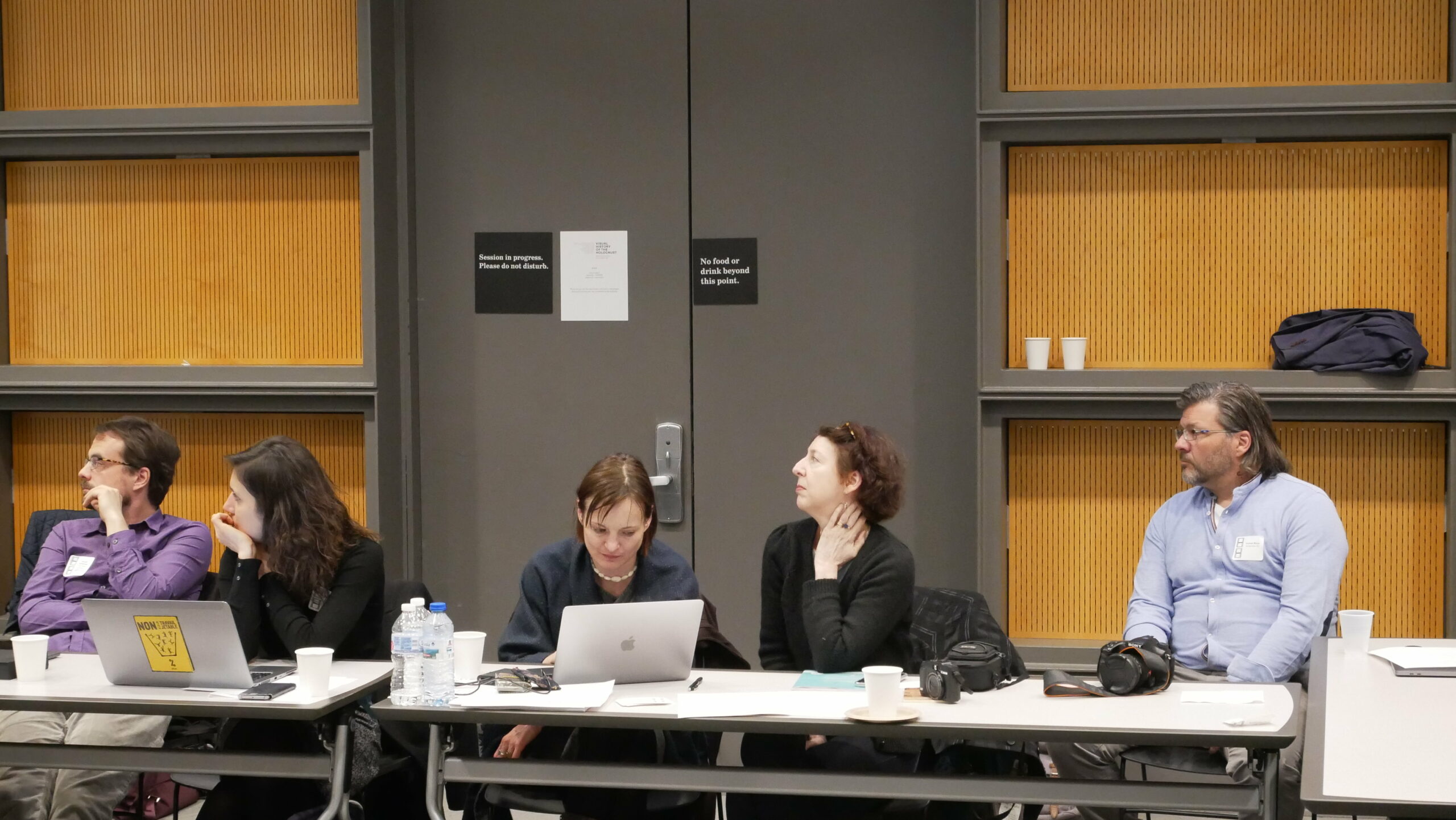
Workshop participants at the USHMM
Day 2: NARA, College Park
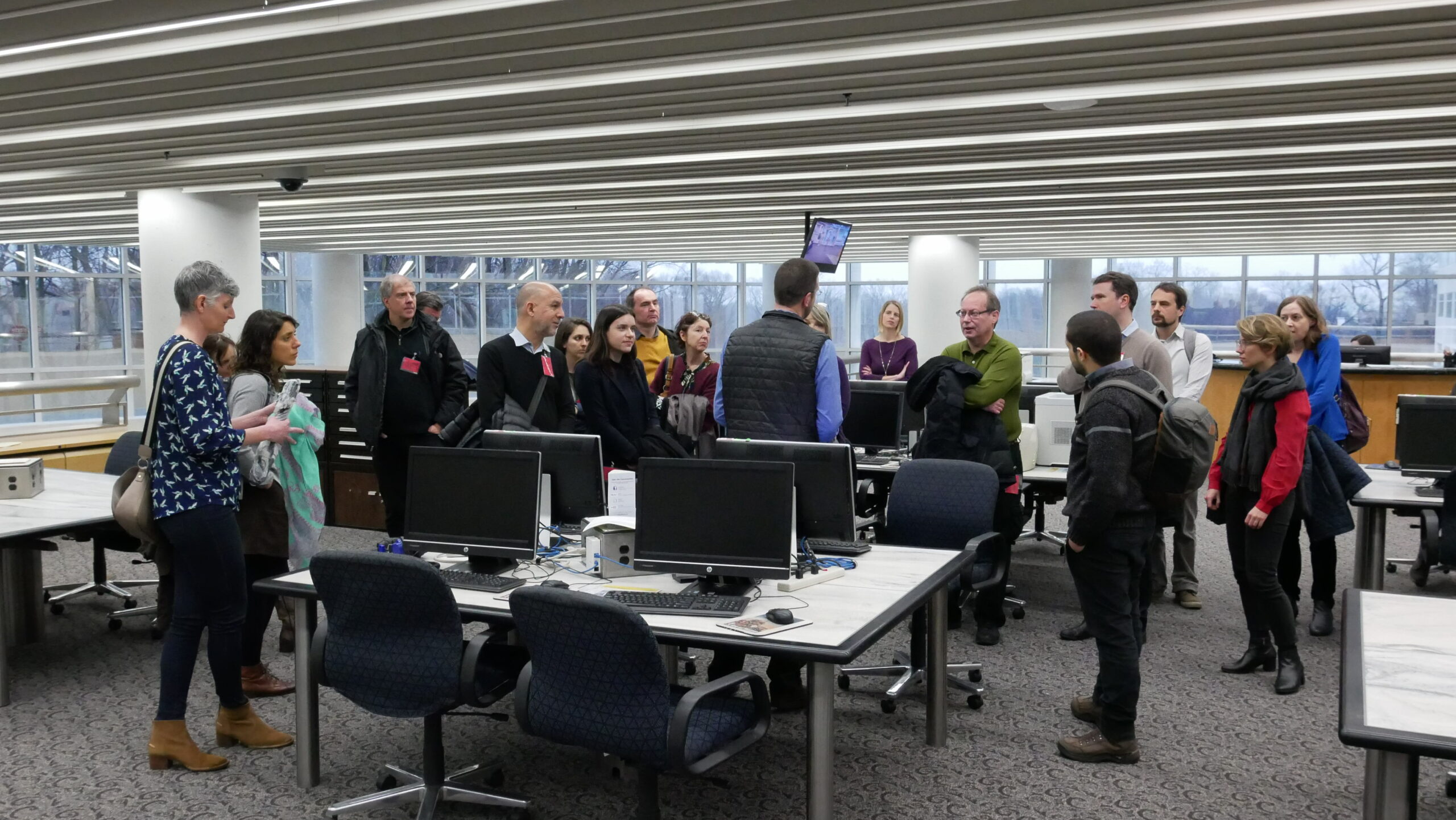
Workshop participants at NARA 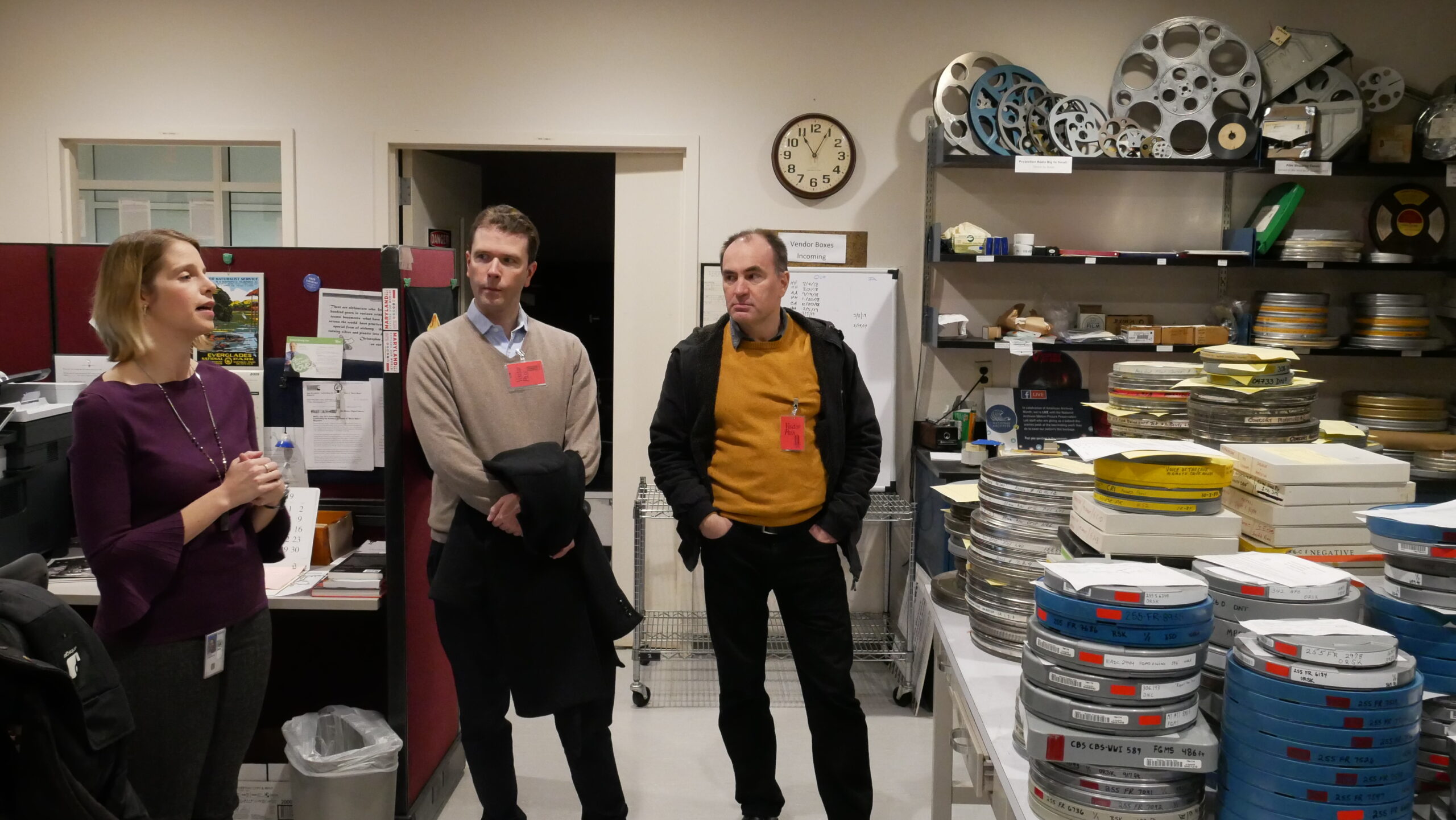
Criss Austin, Michael Loebenstein, Martin Kampel 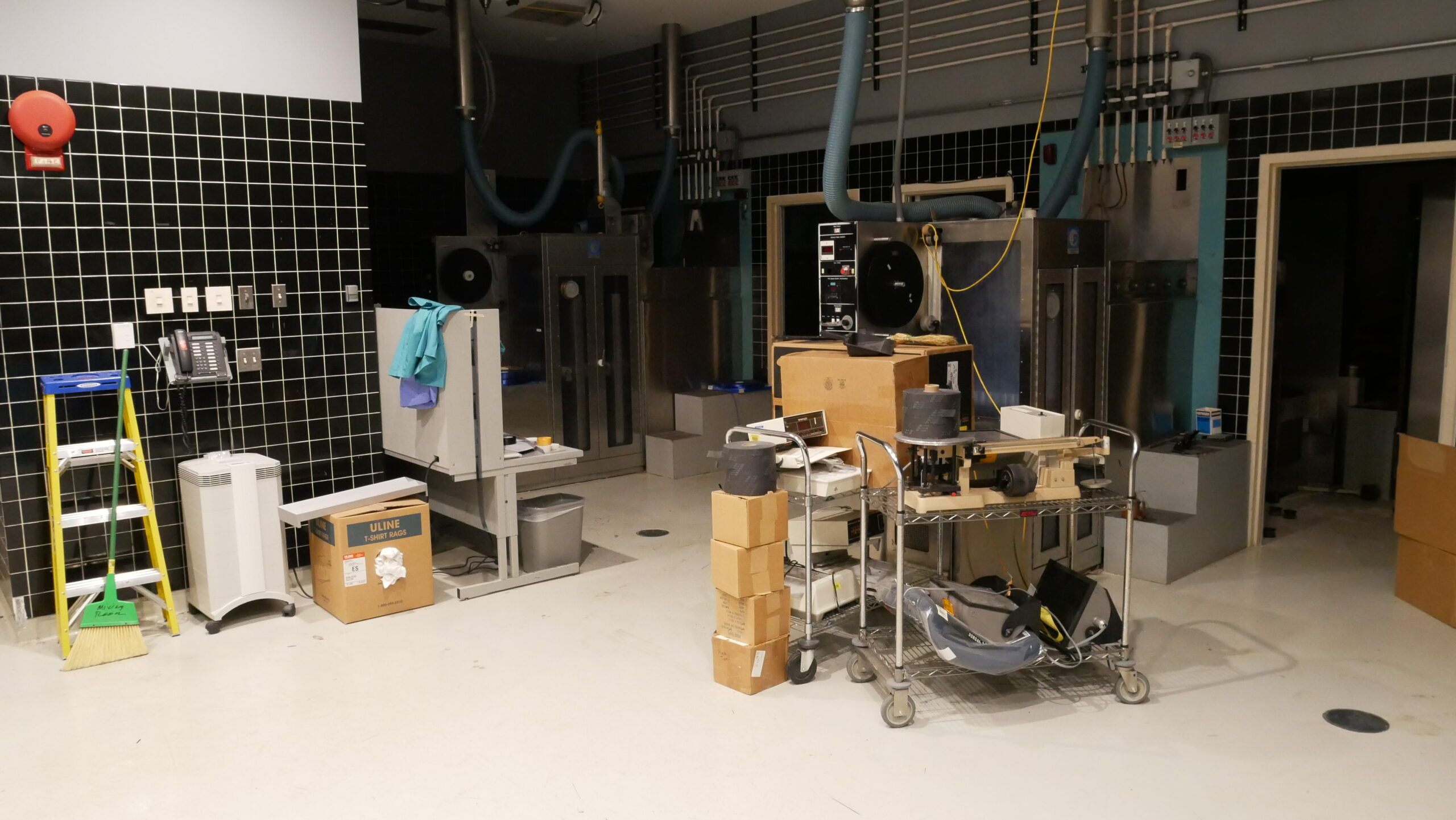
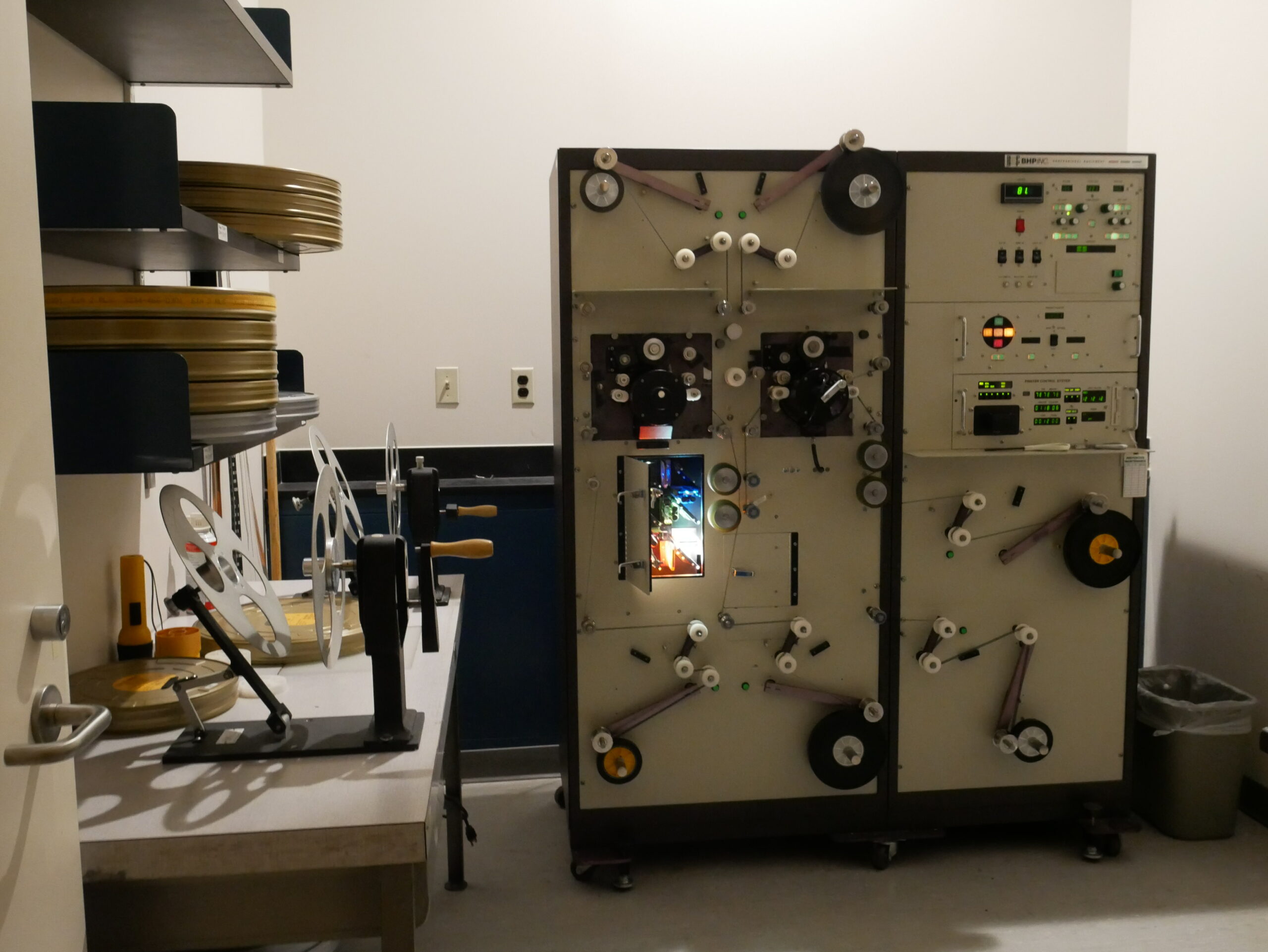
Film scanner at NARA 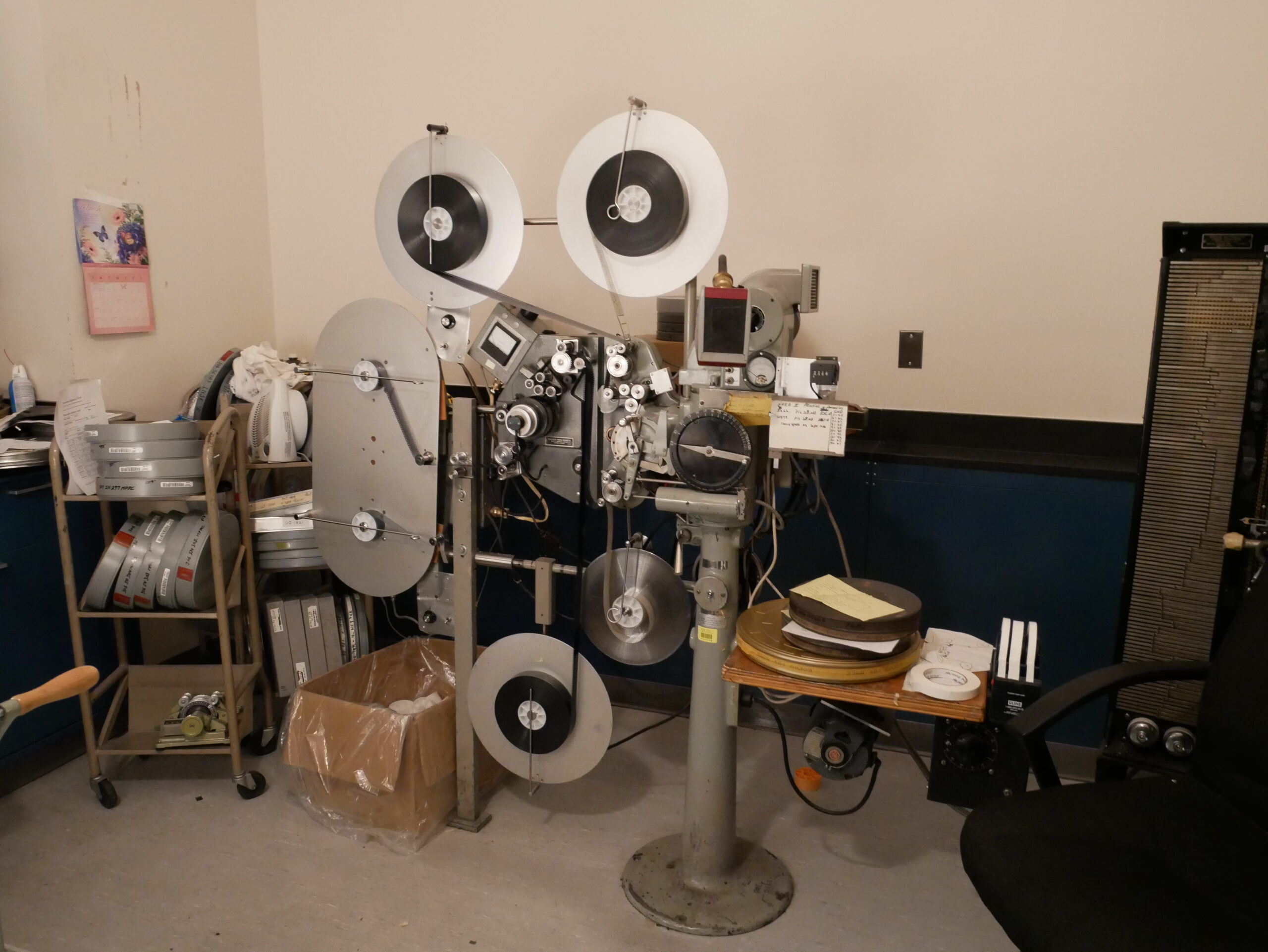
Film scanner at NARA 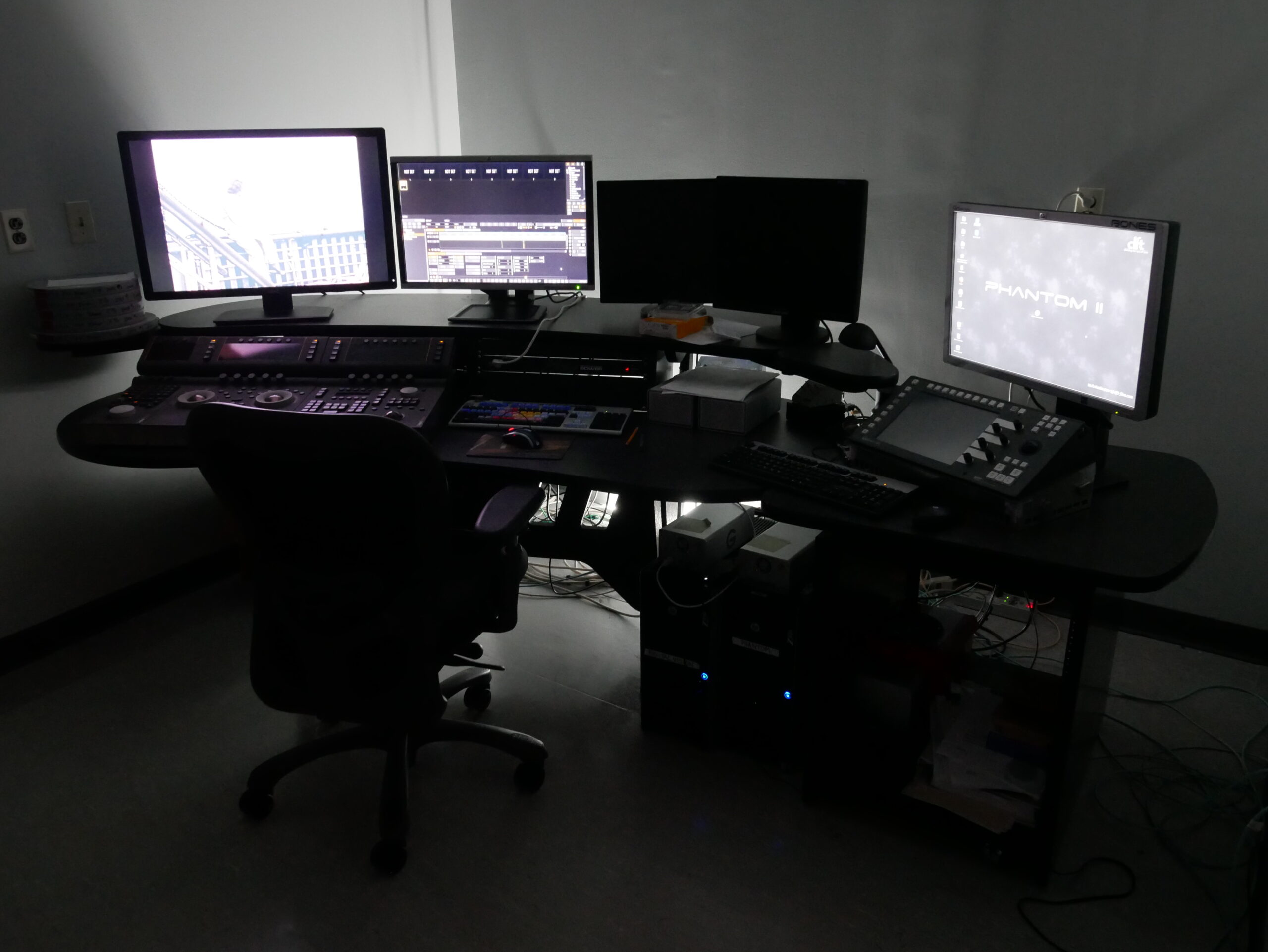
Day 2: NARA Team
Day 2, Colorlab, Rockville
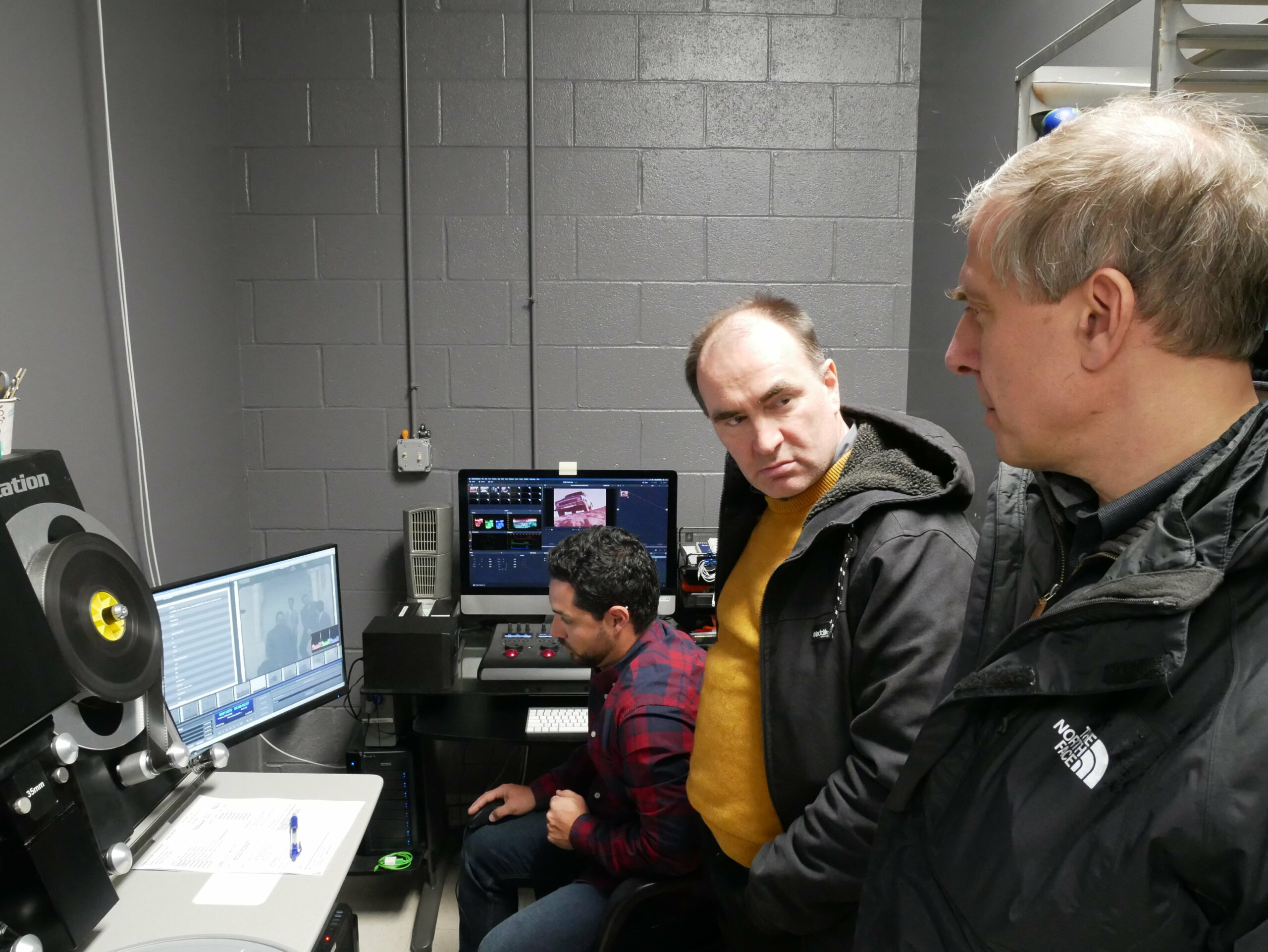
Martin Kampel, Robert Sablatnig 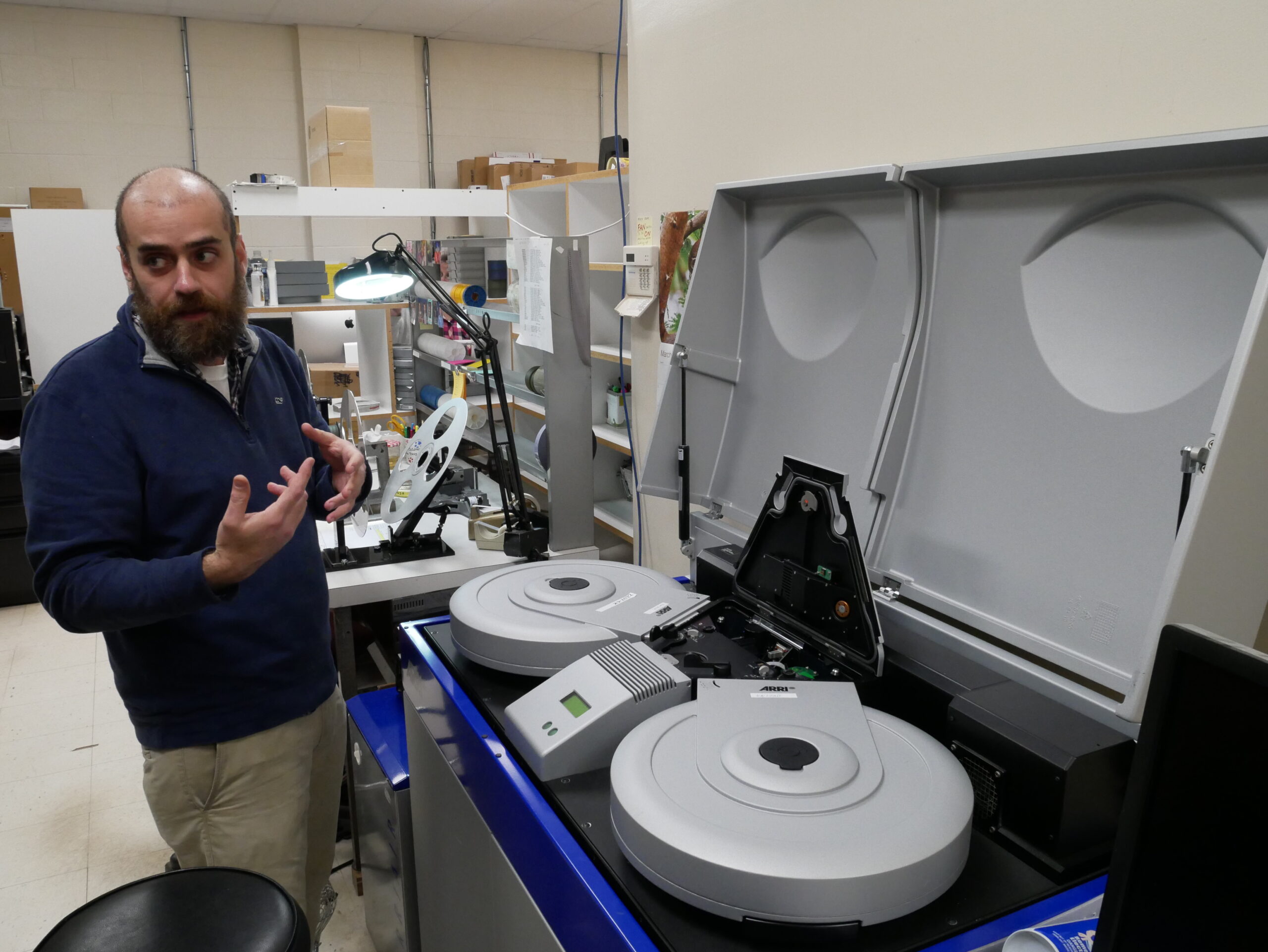
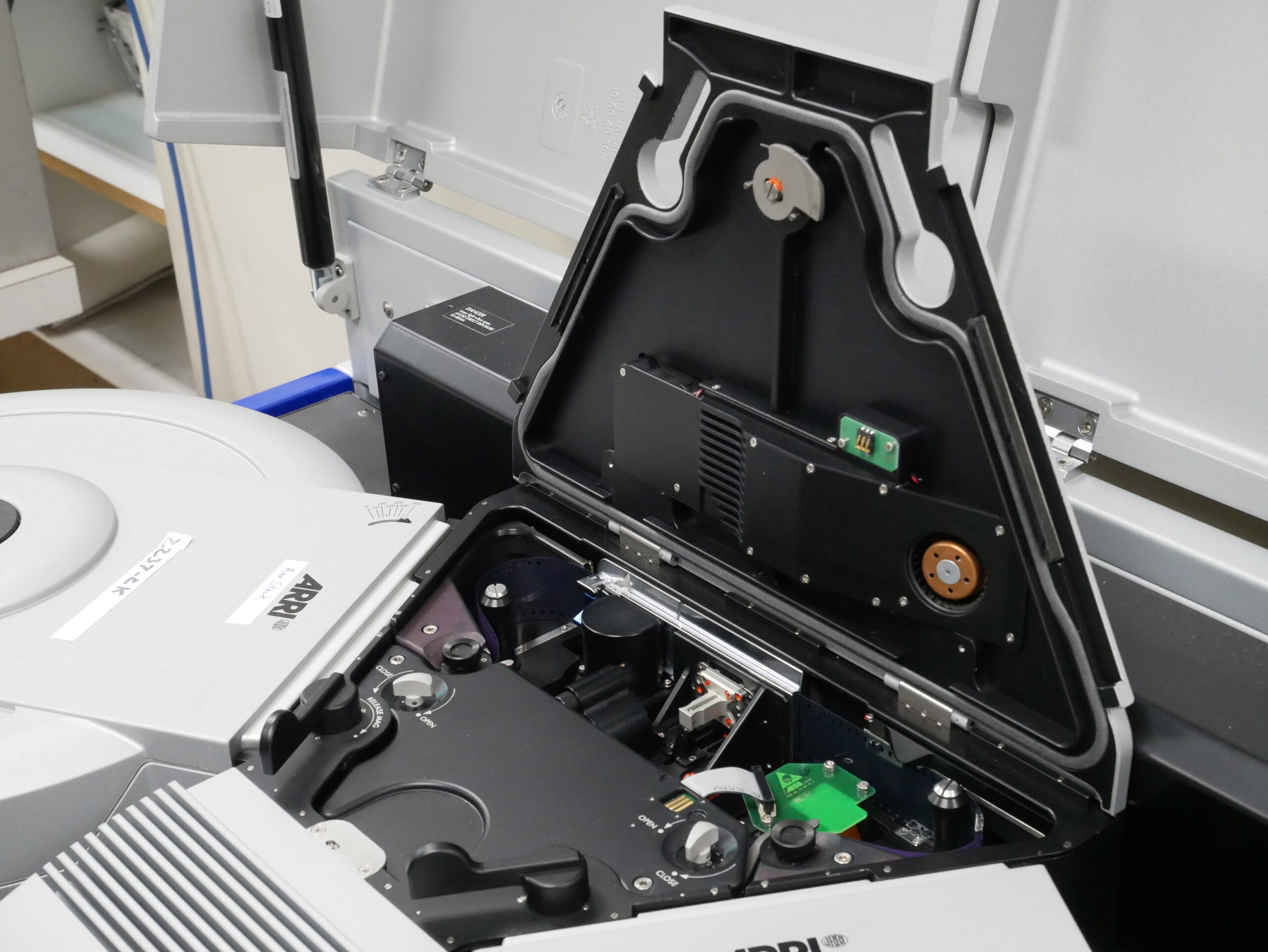
Film scanner at Colorlab 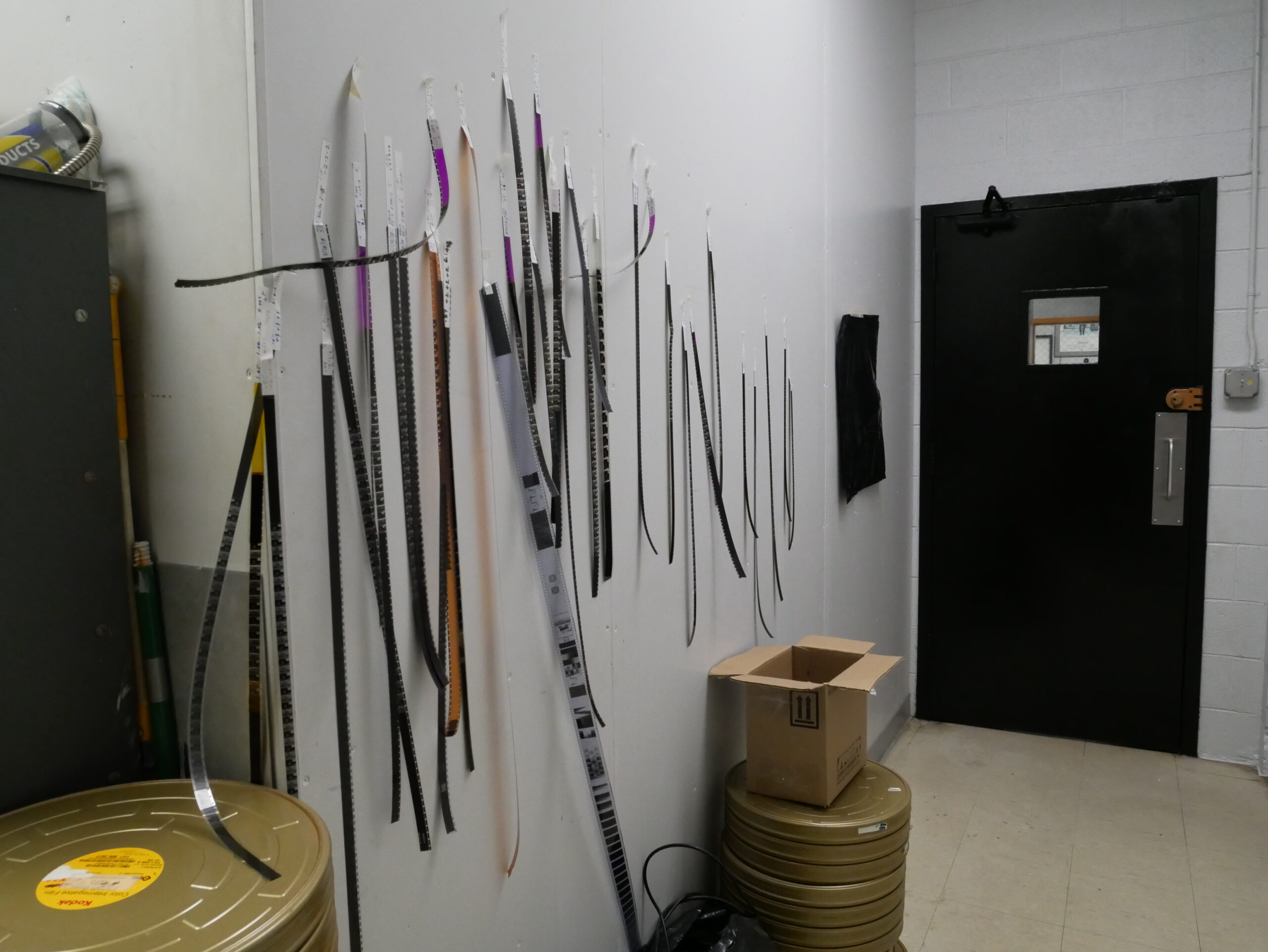
Filmstrips at Colorlab 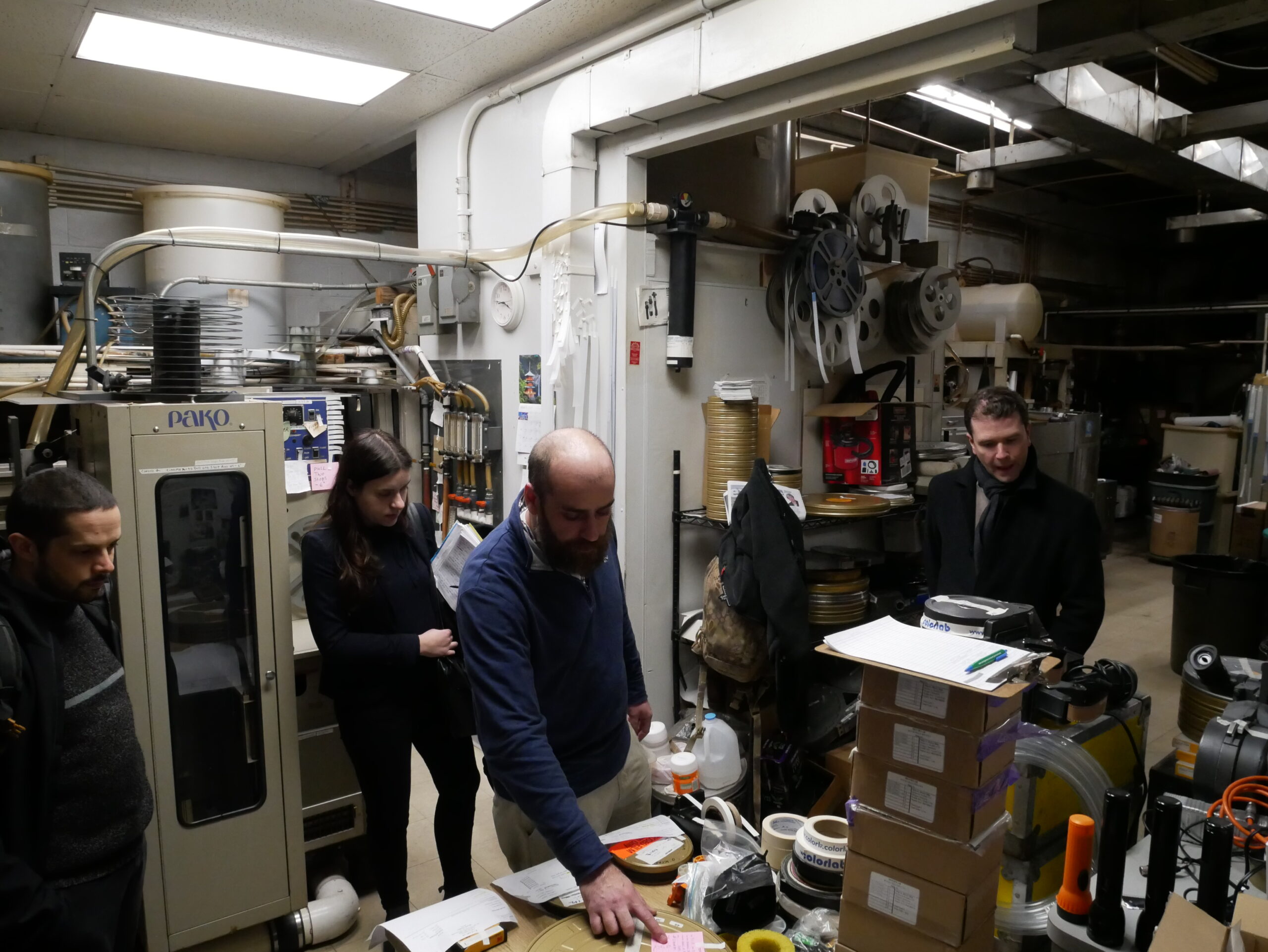
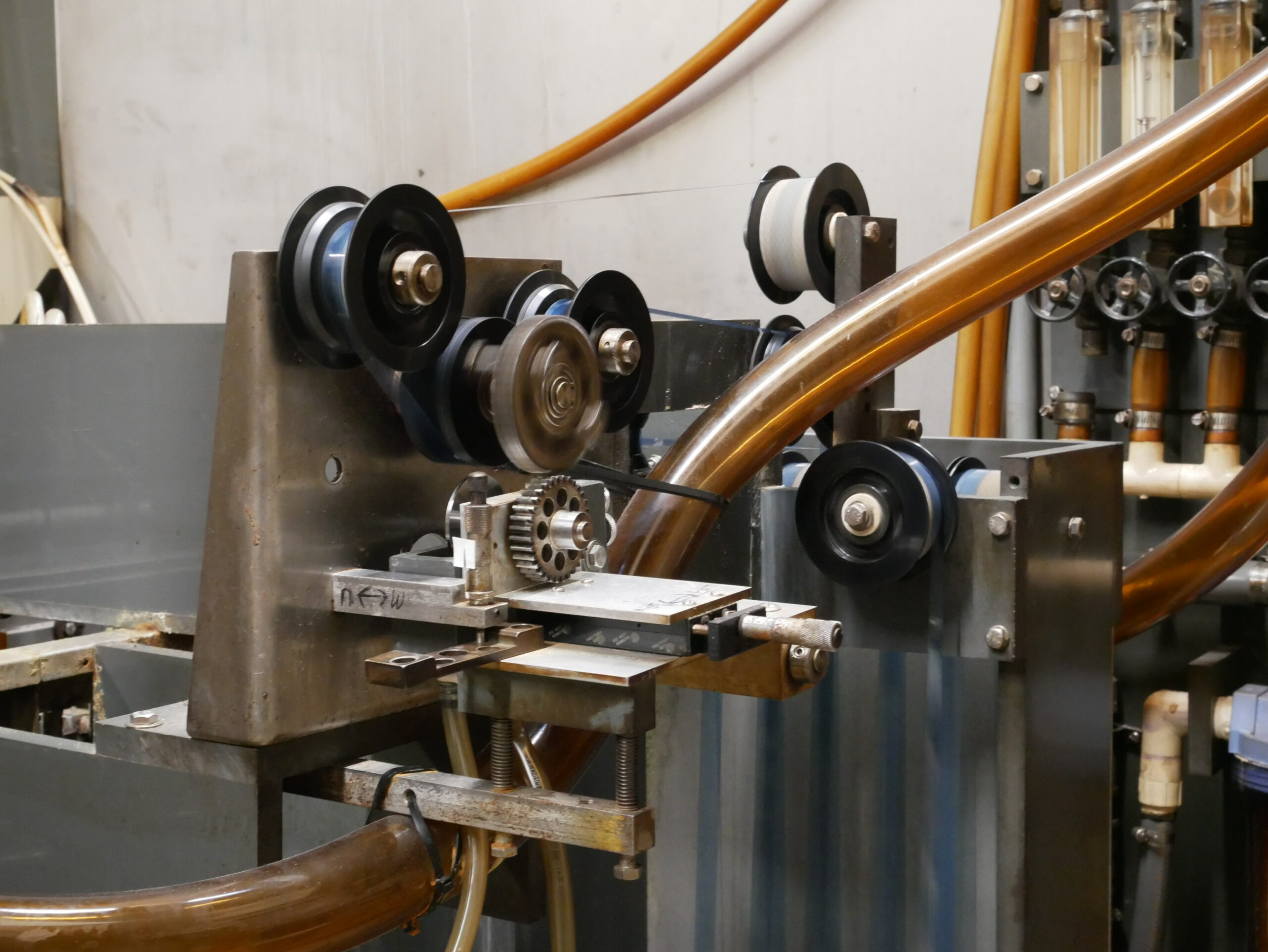
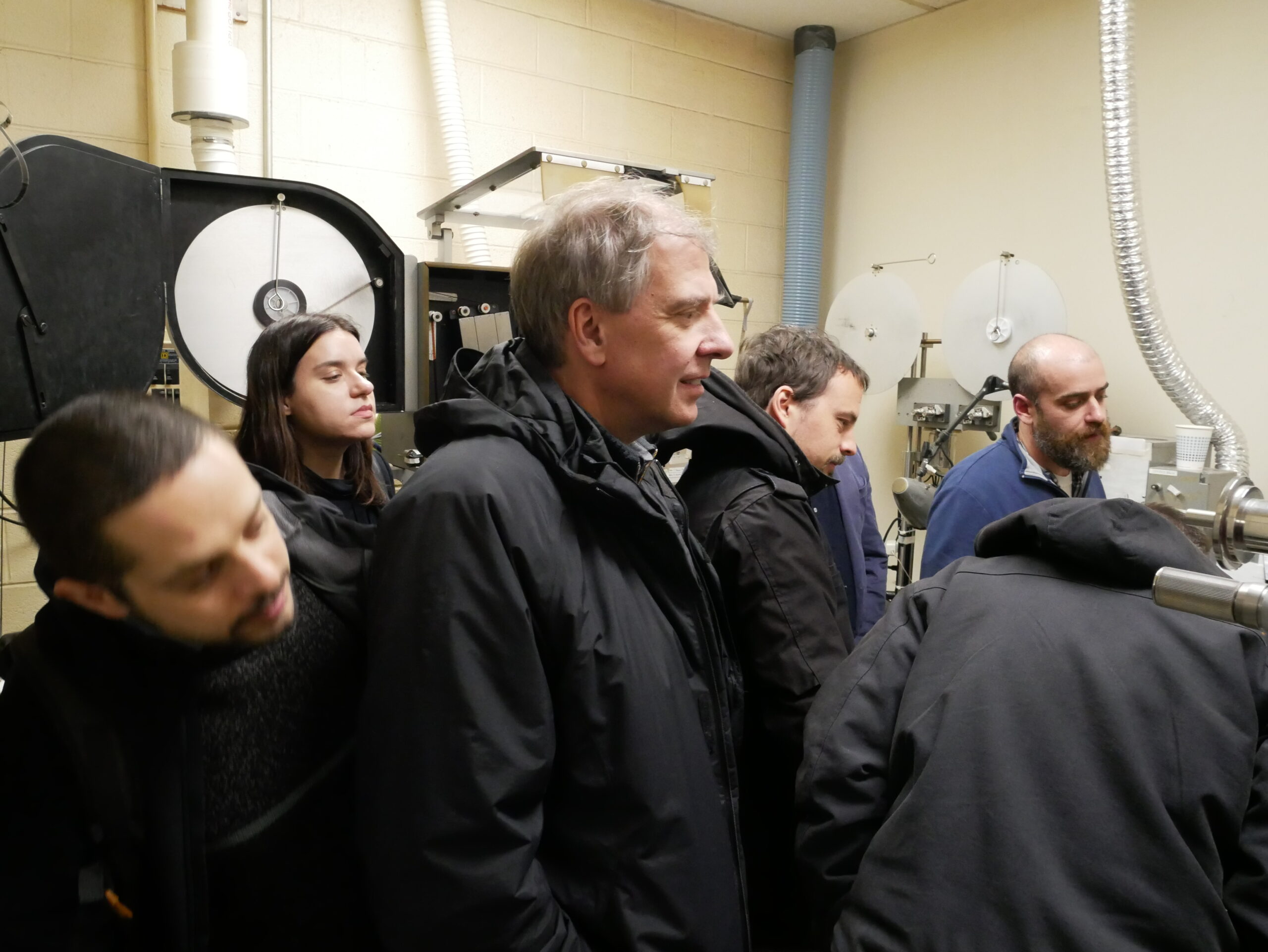
Workshop participants at Colorlab 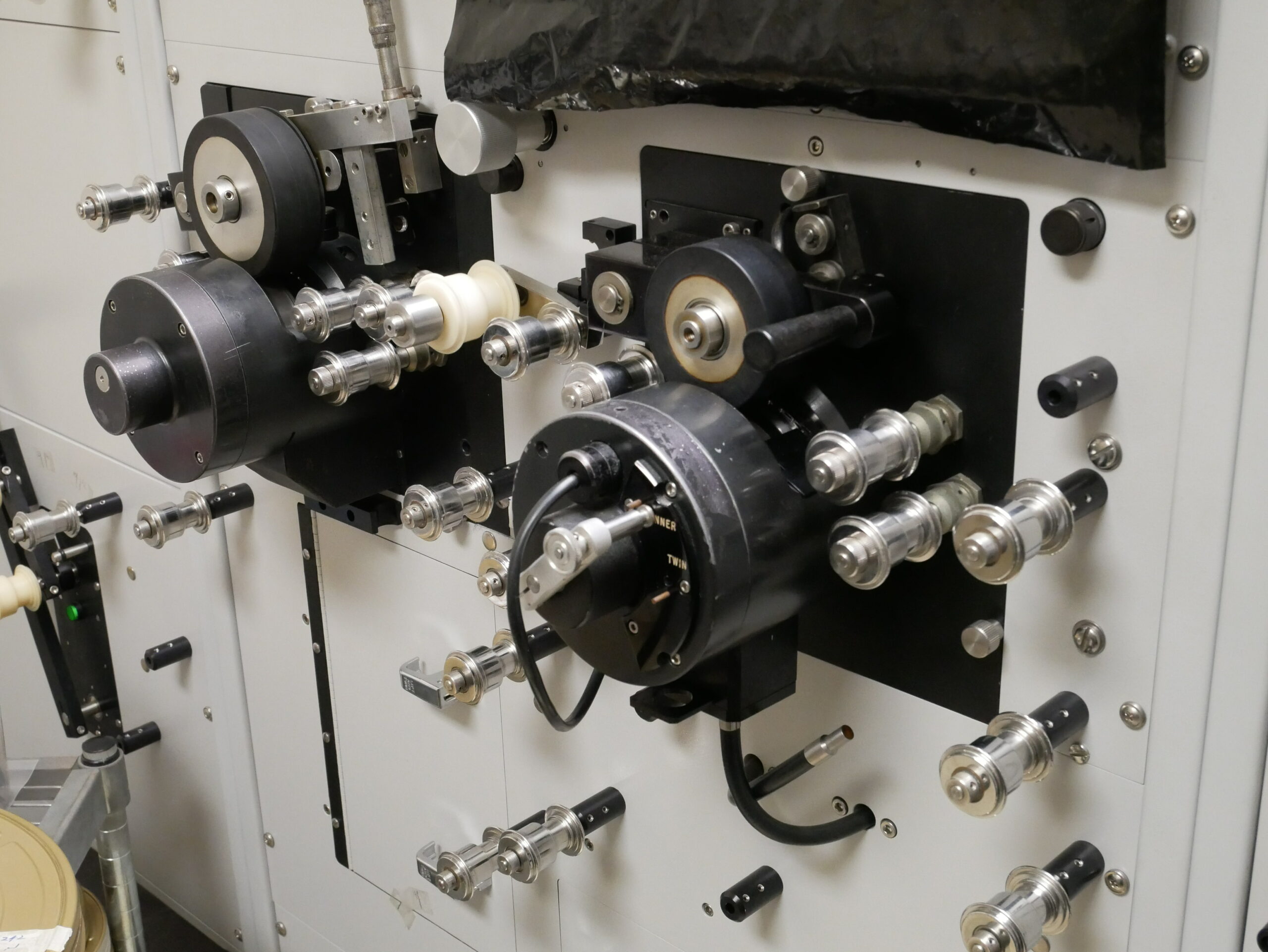
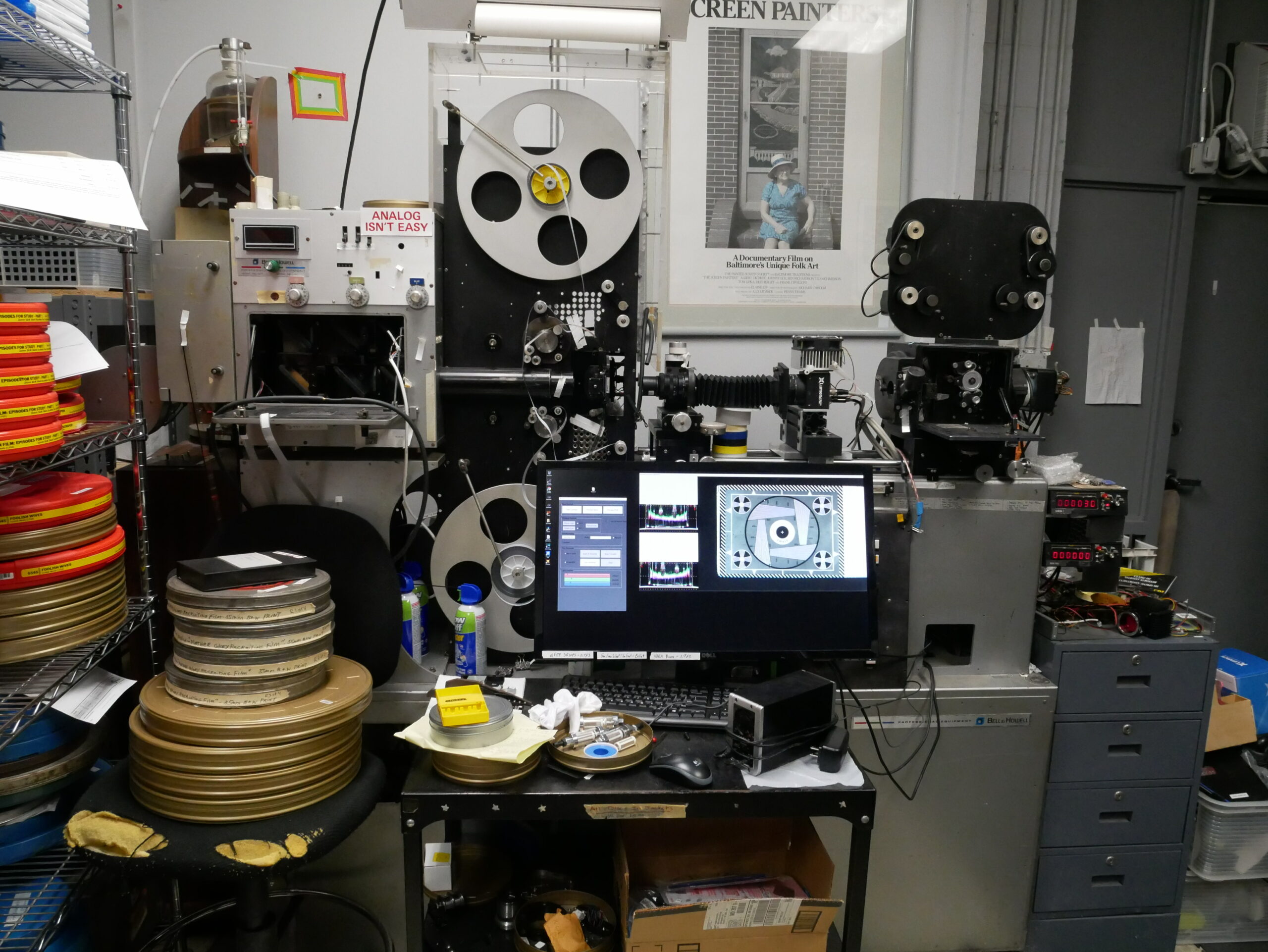
Film scanner at Colorlab
